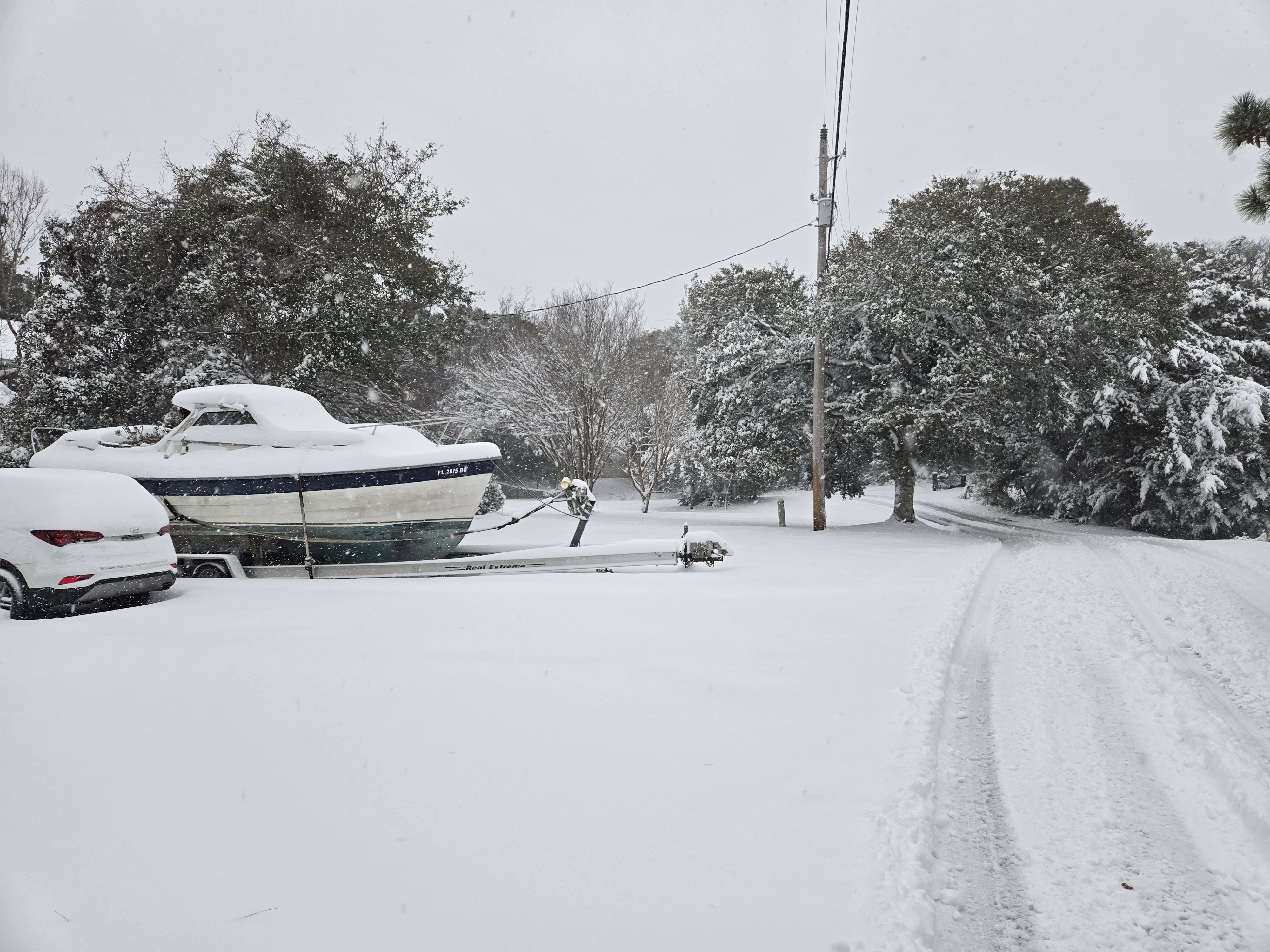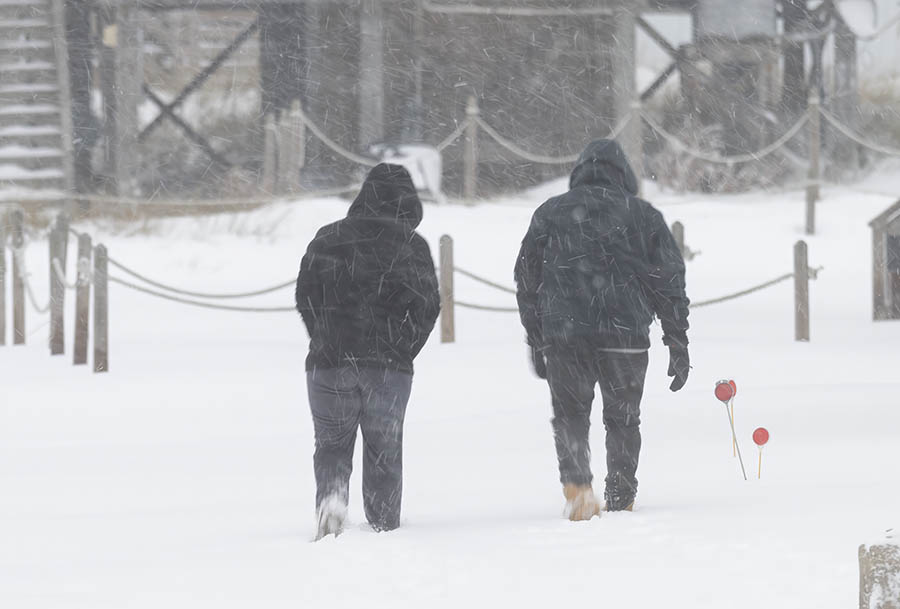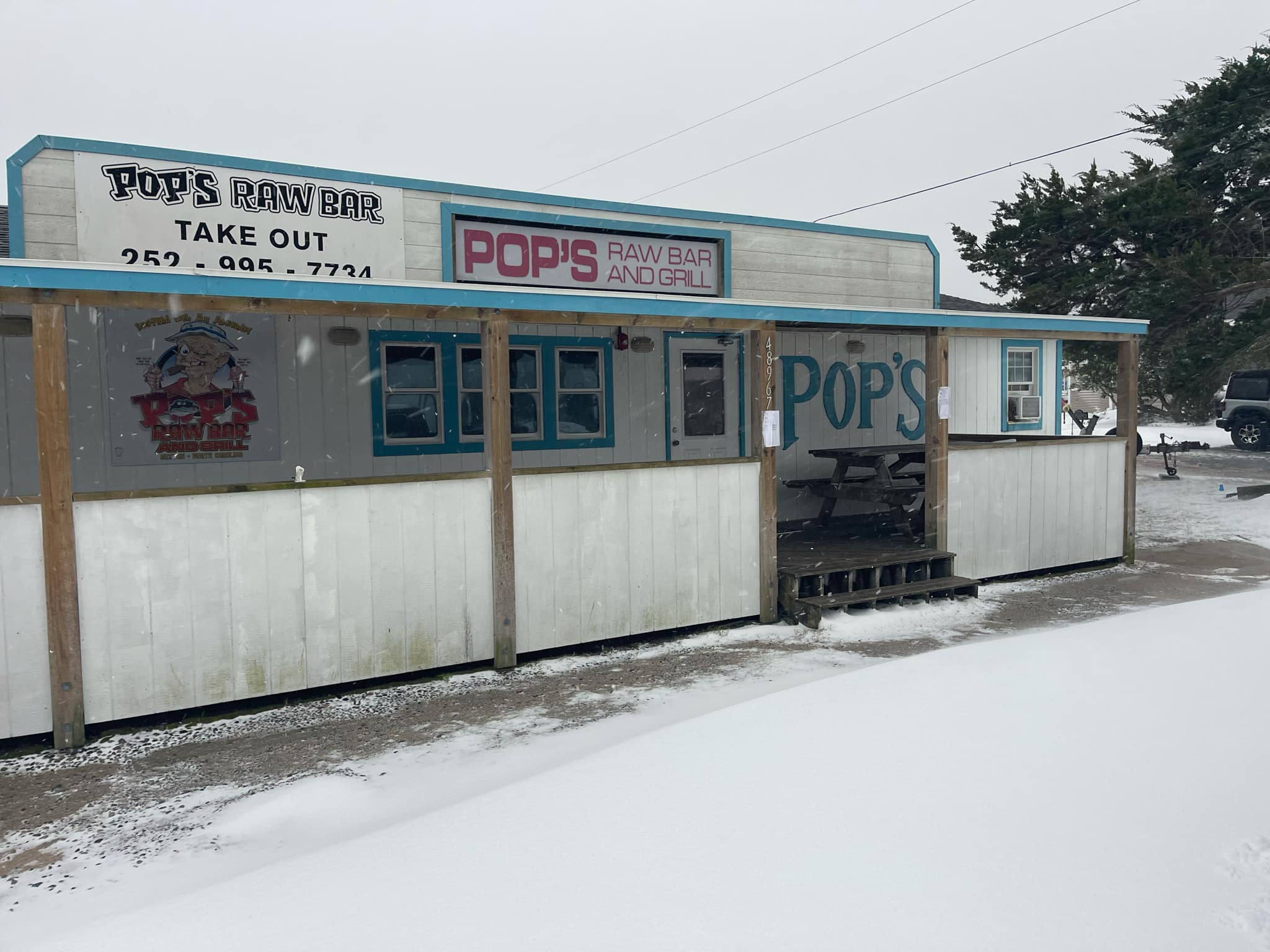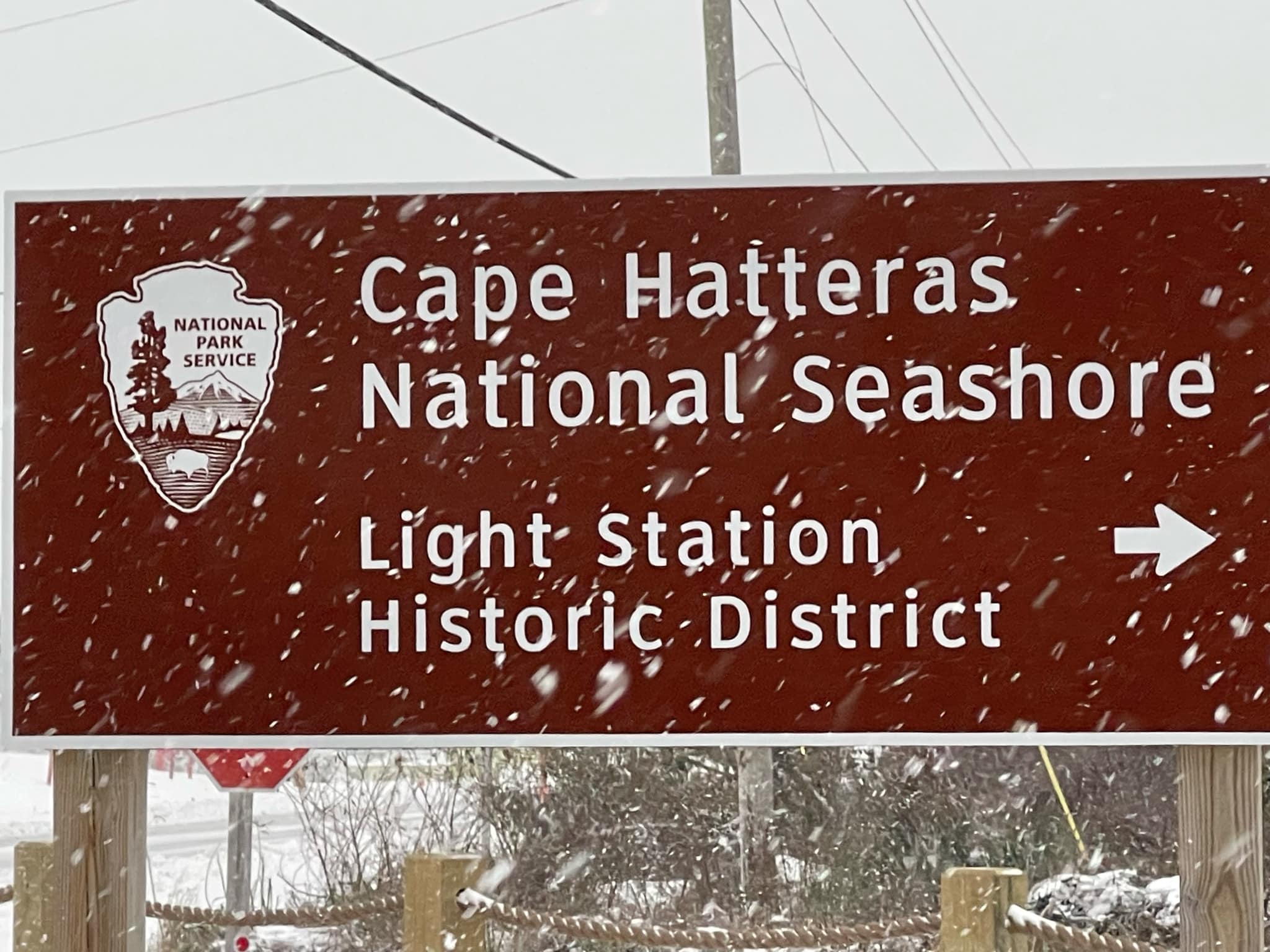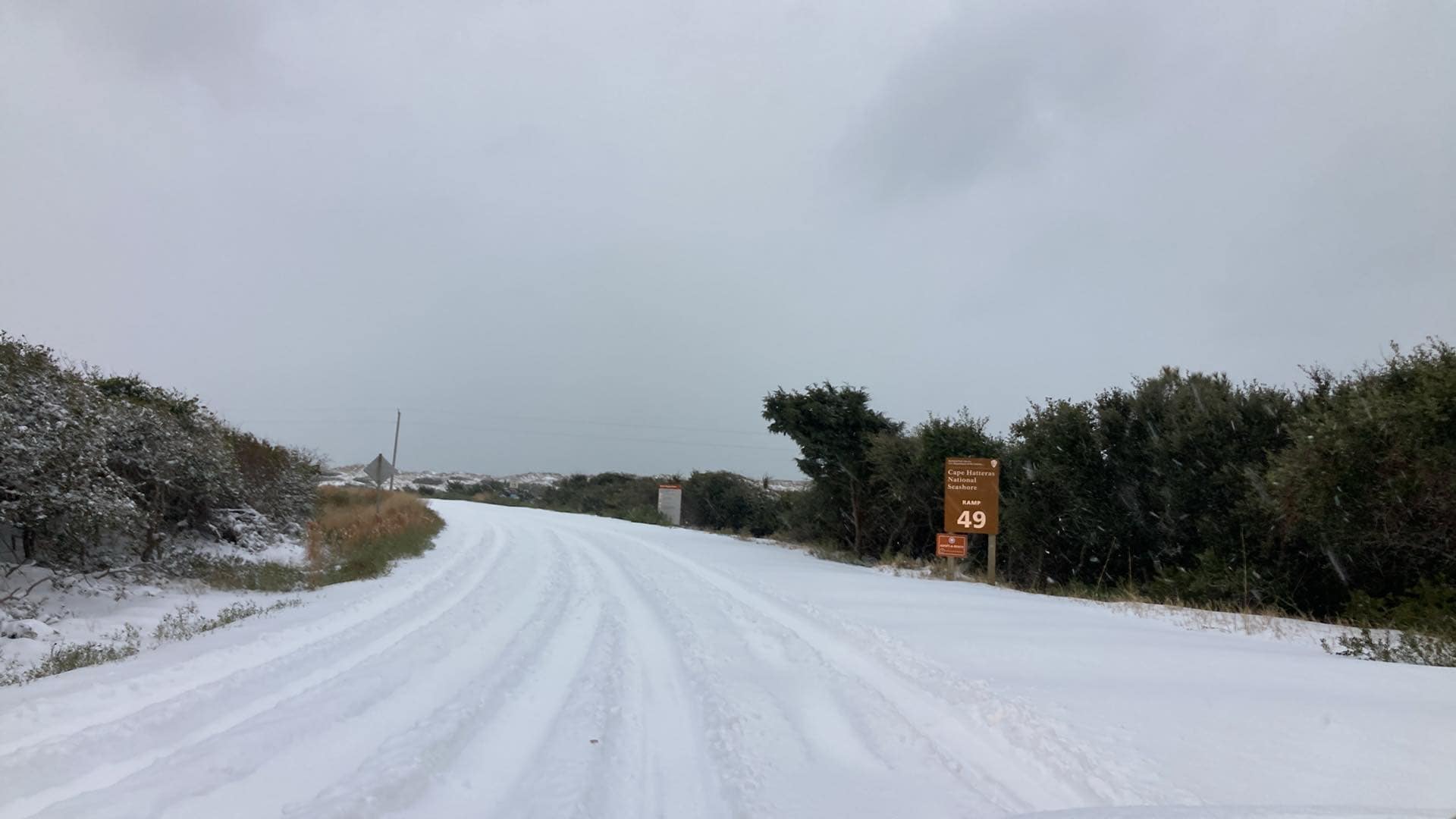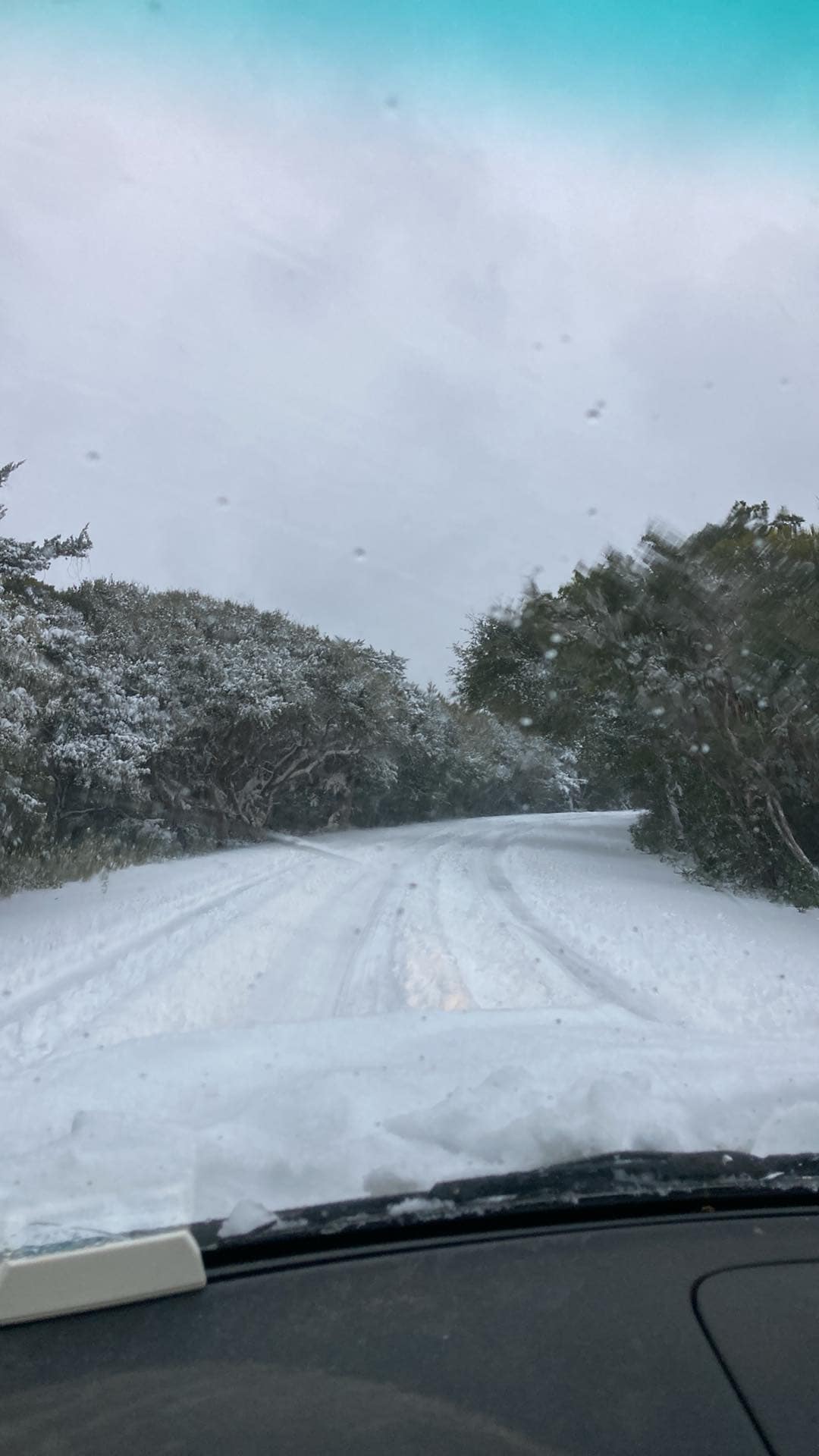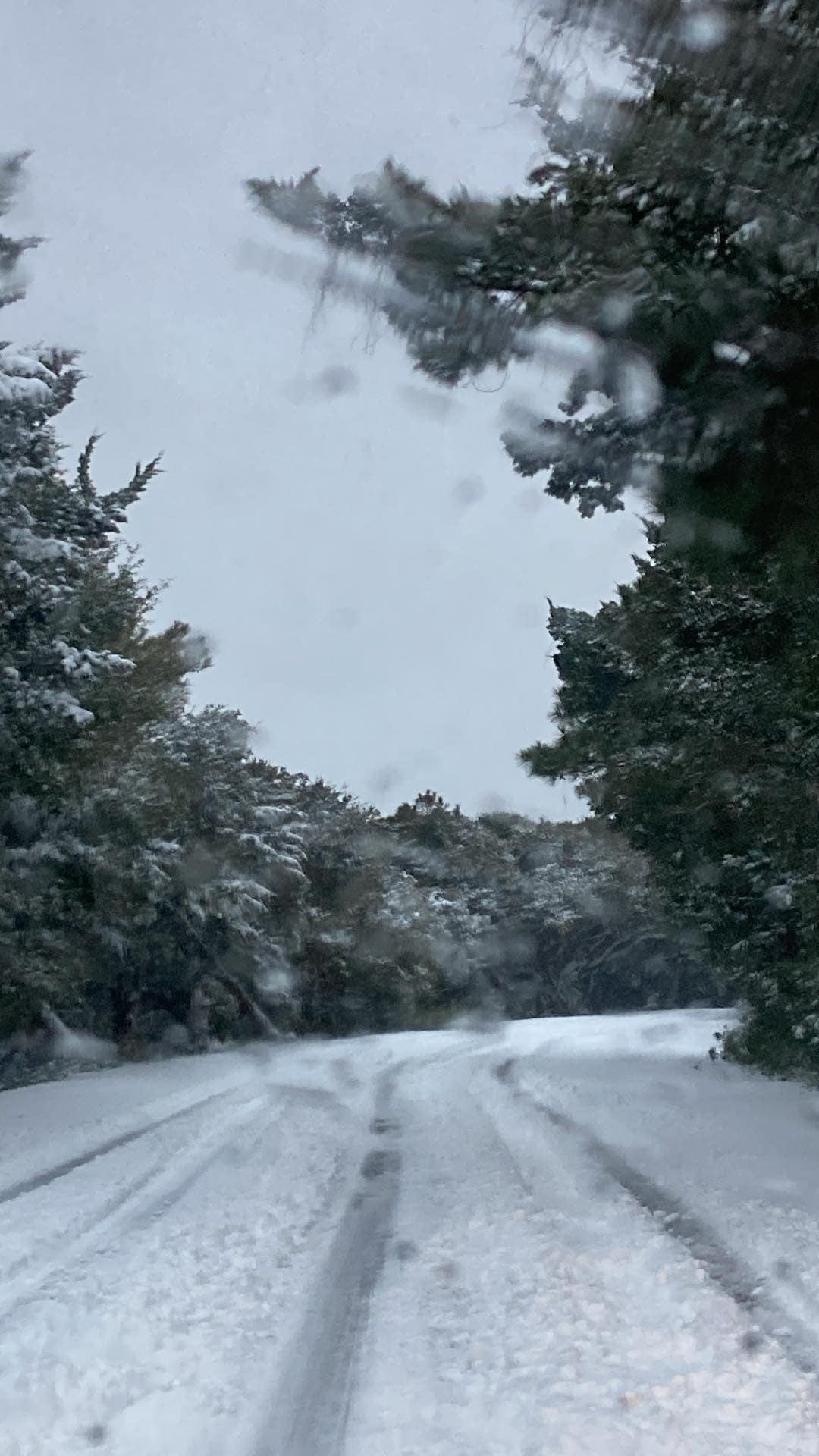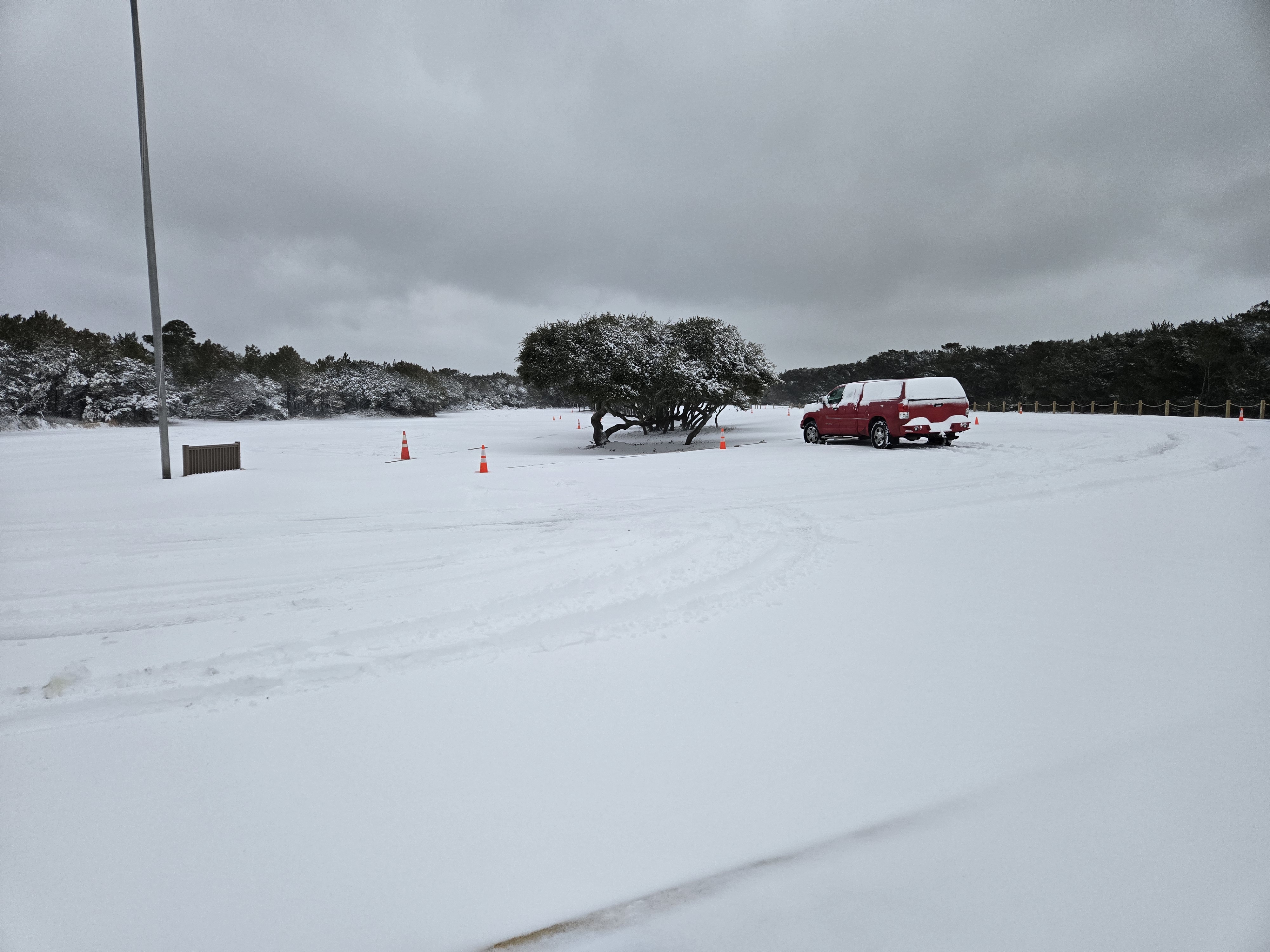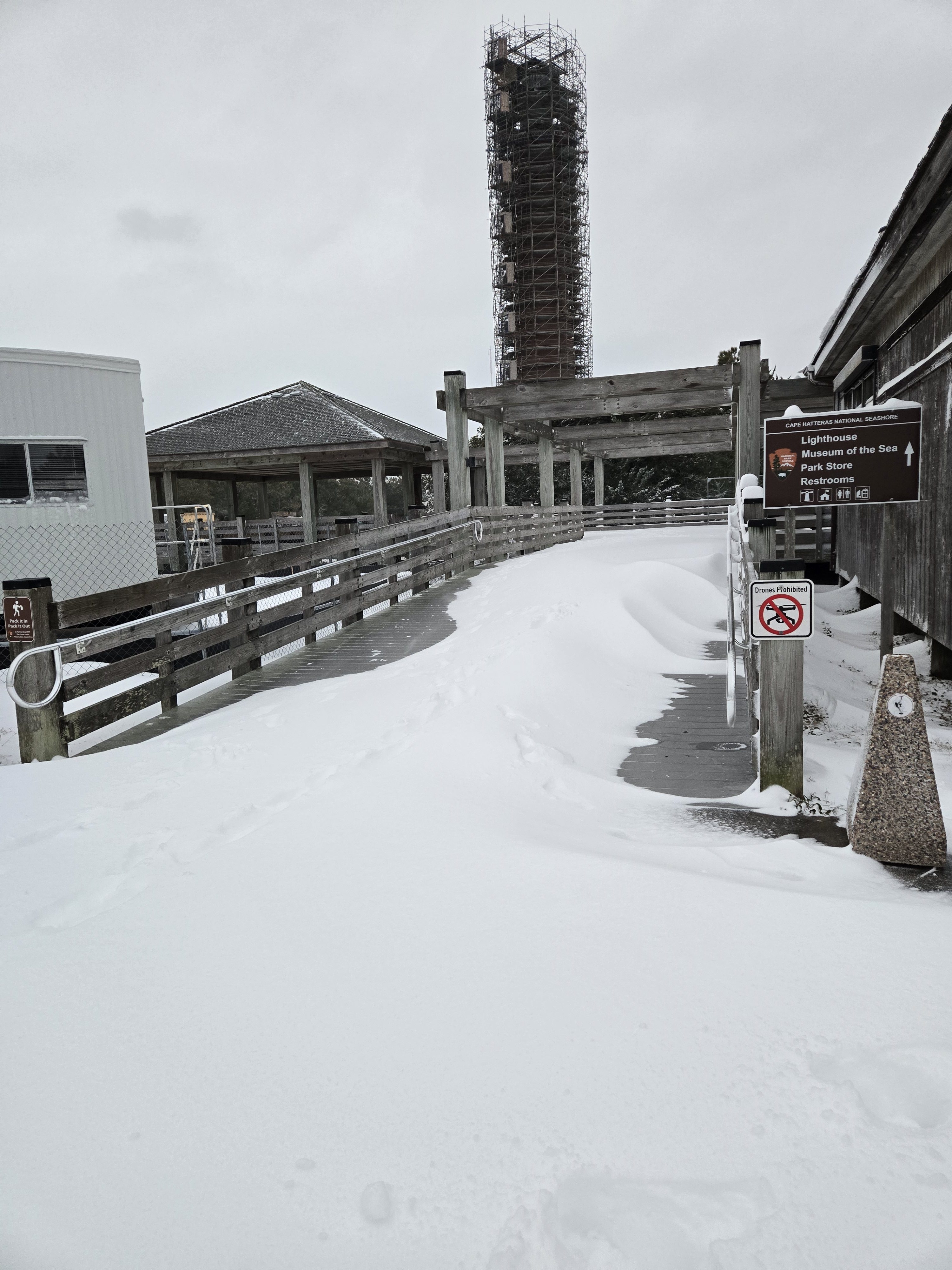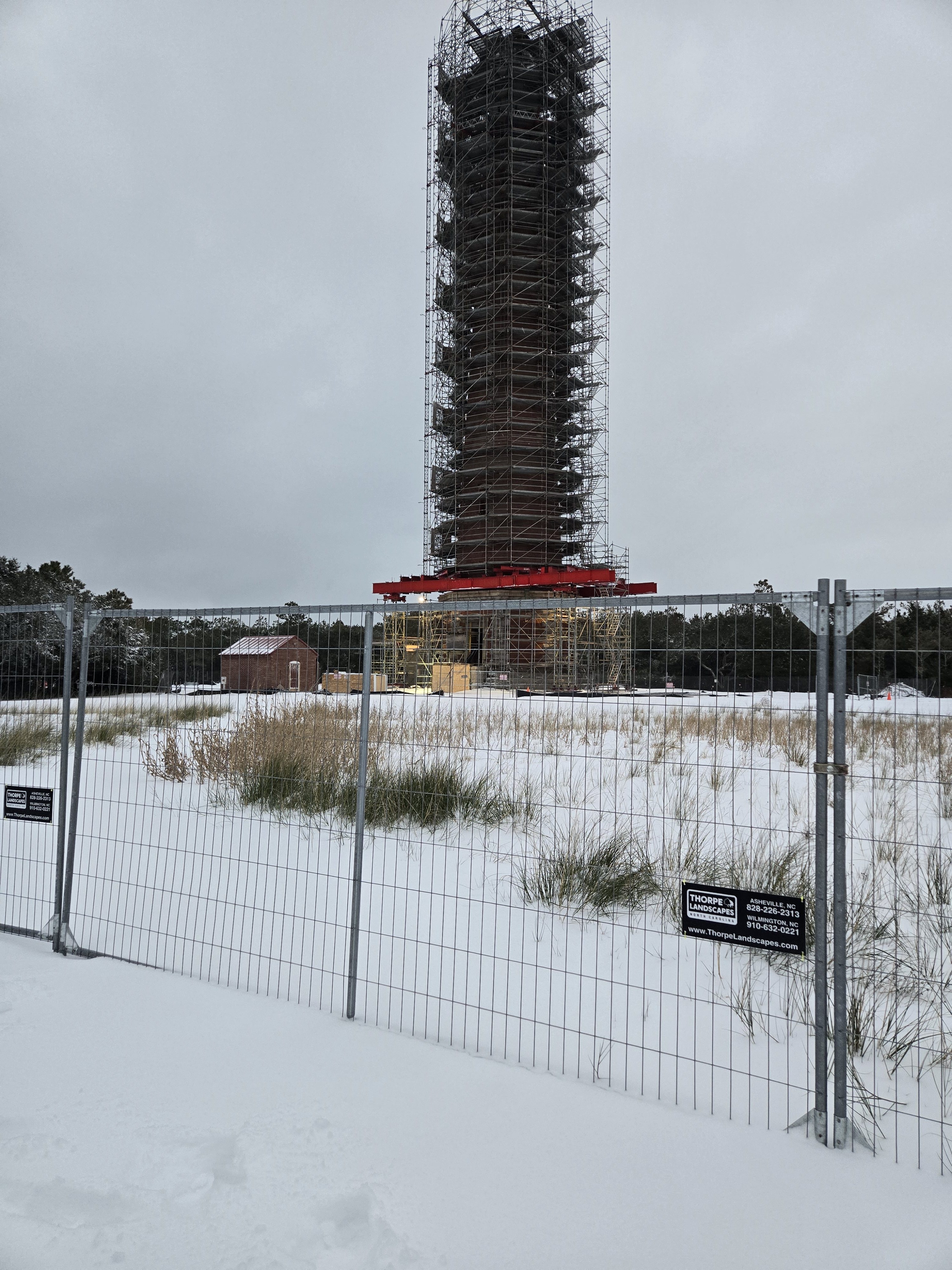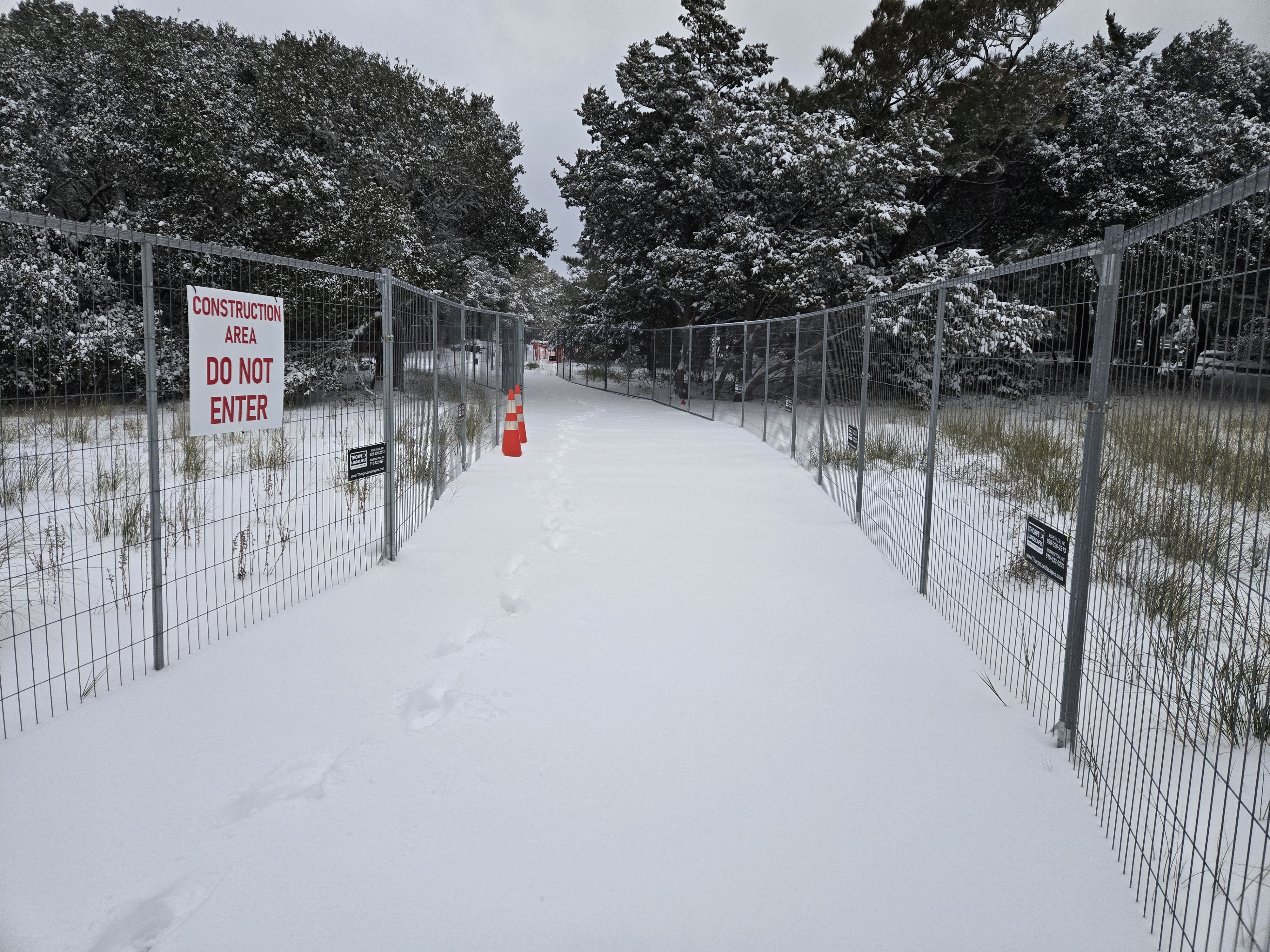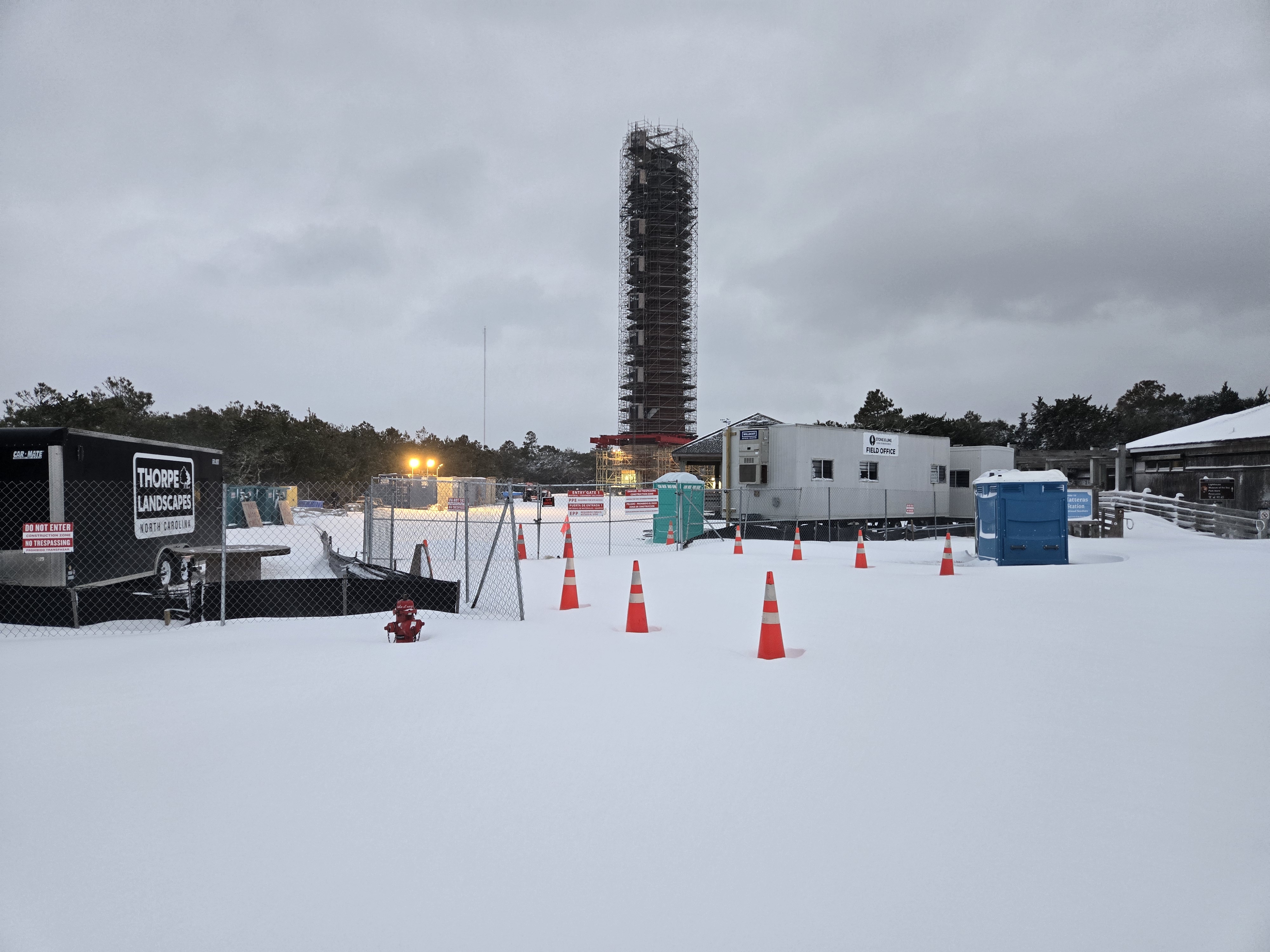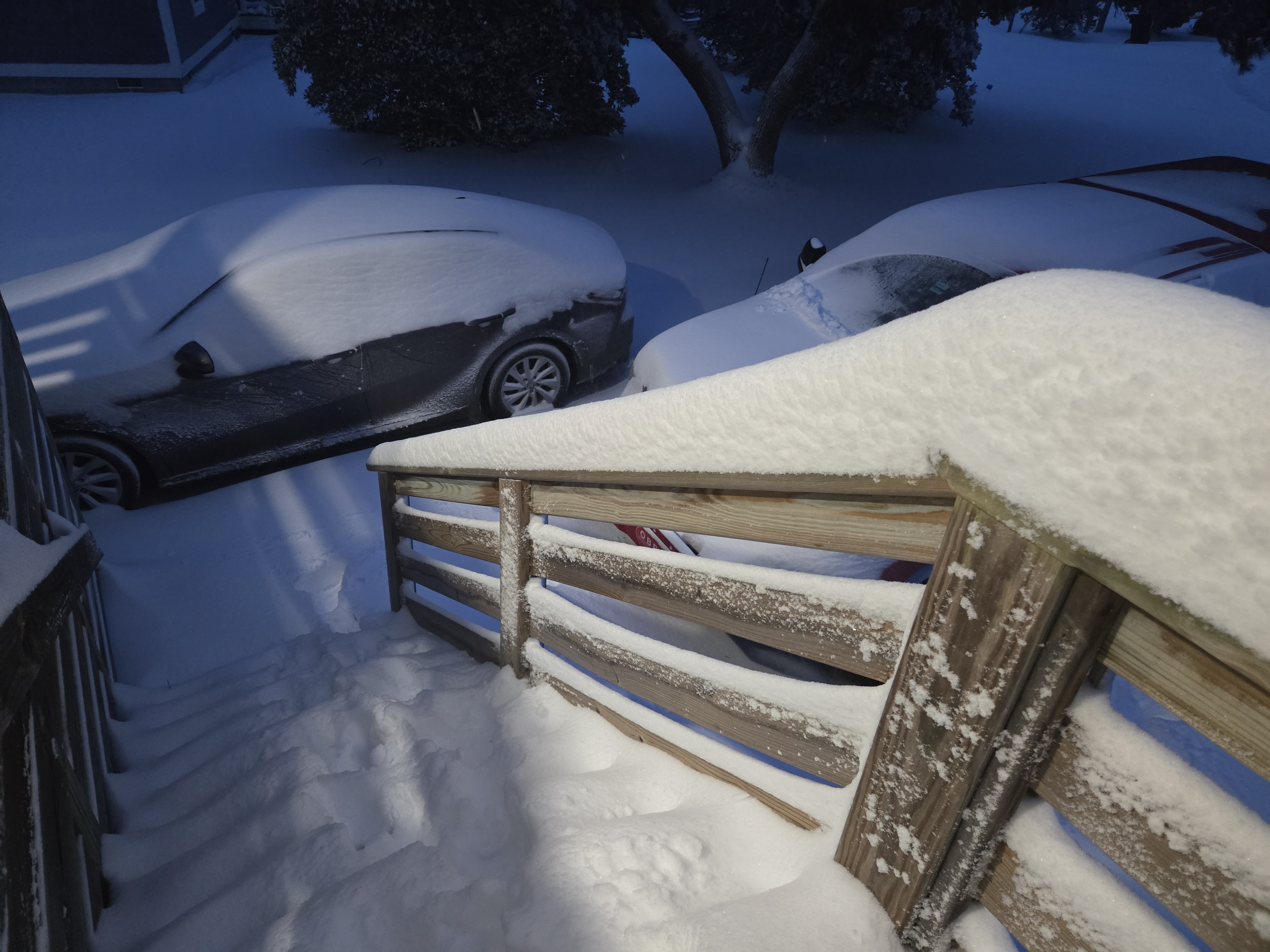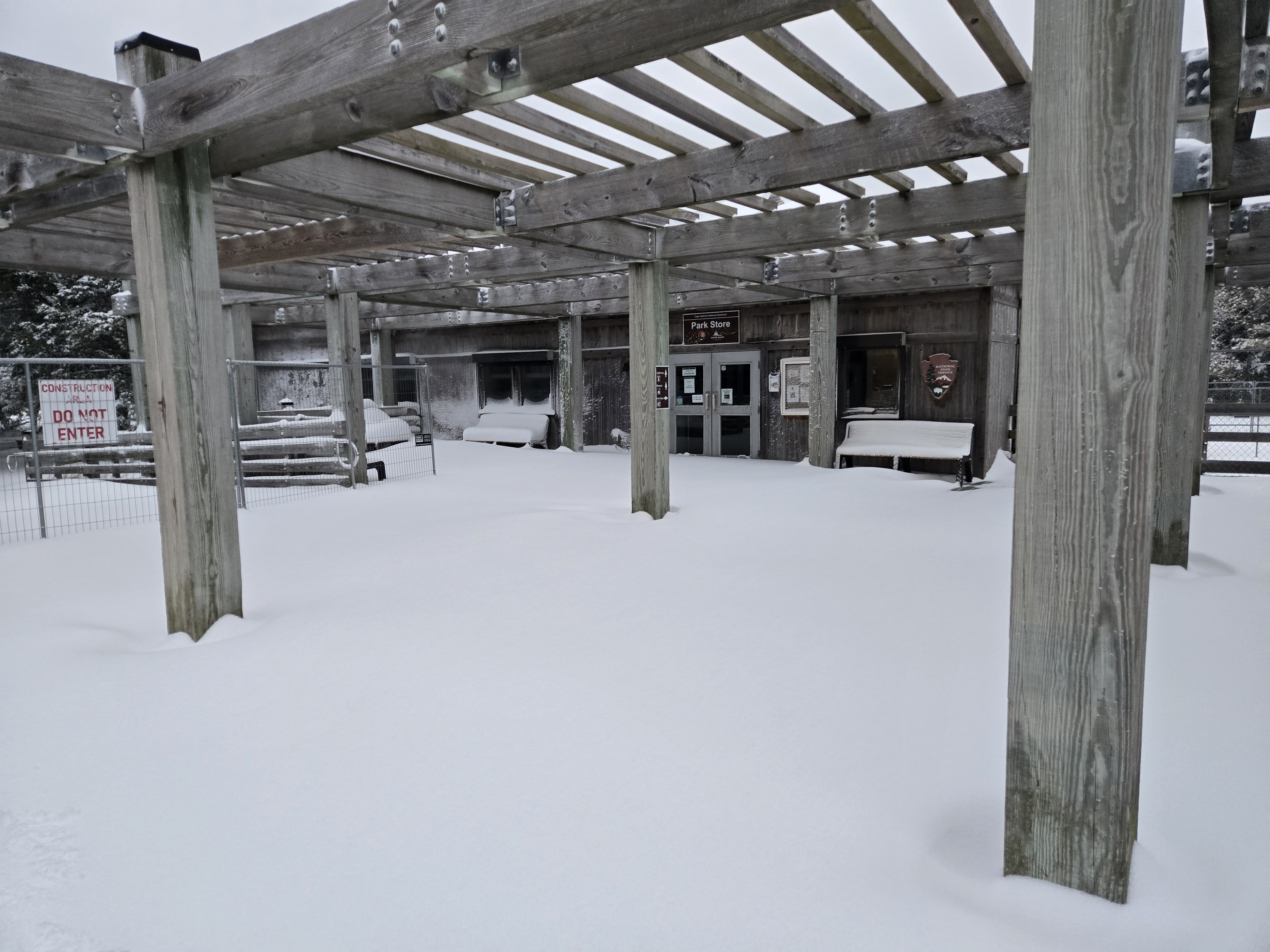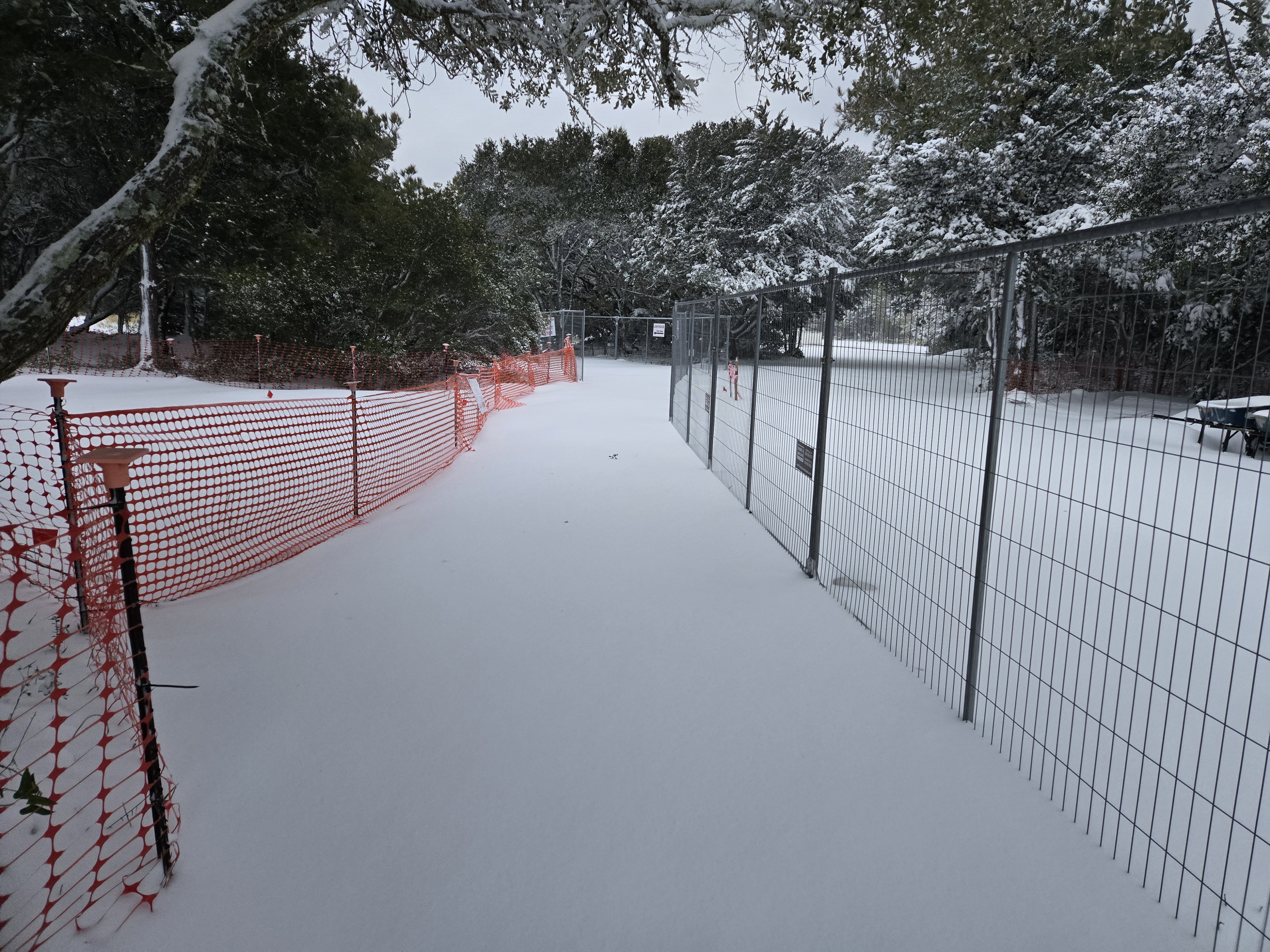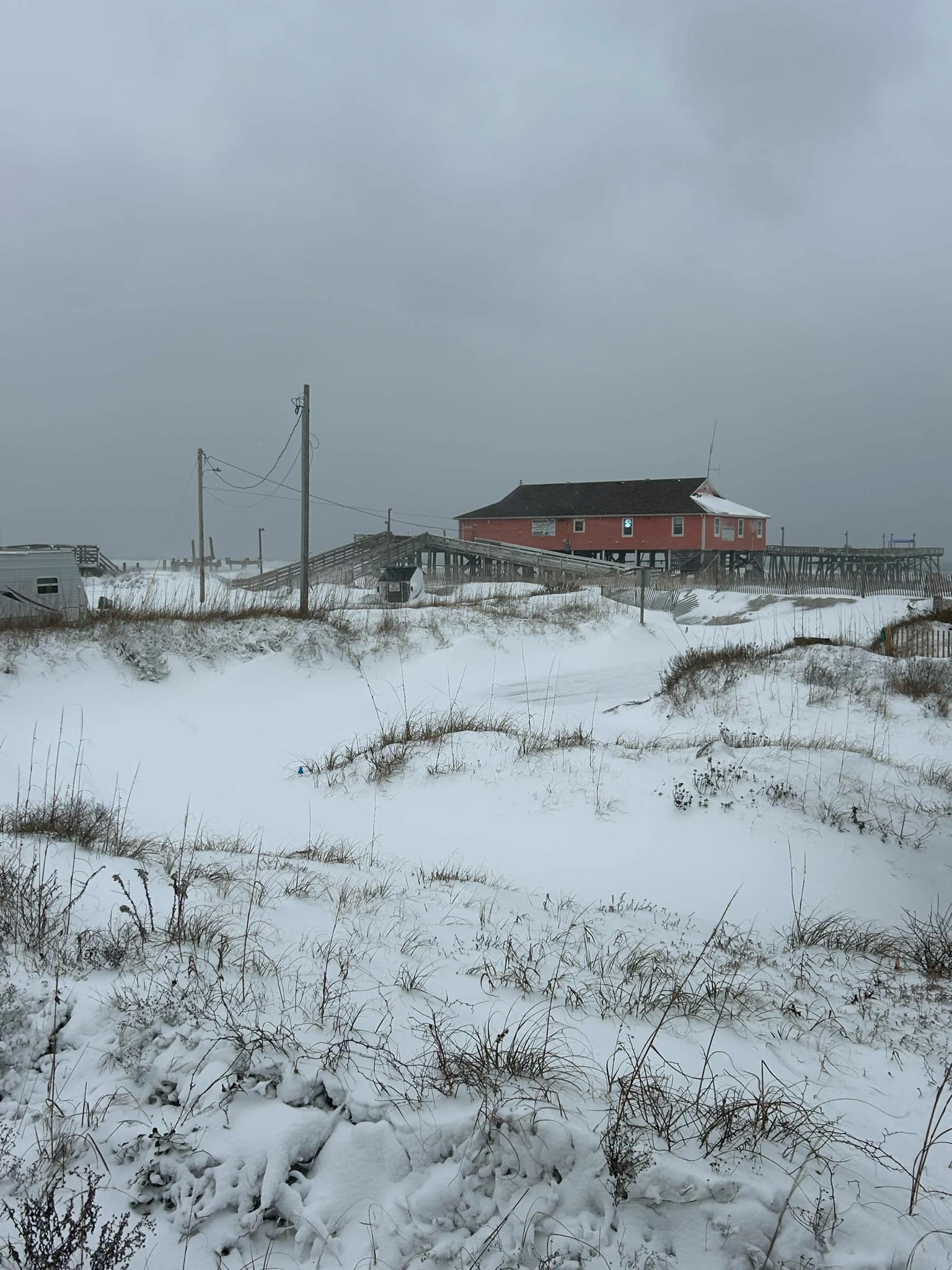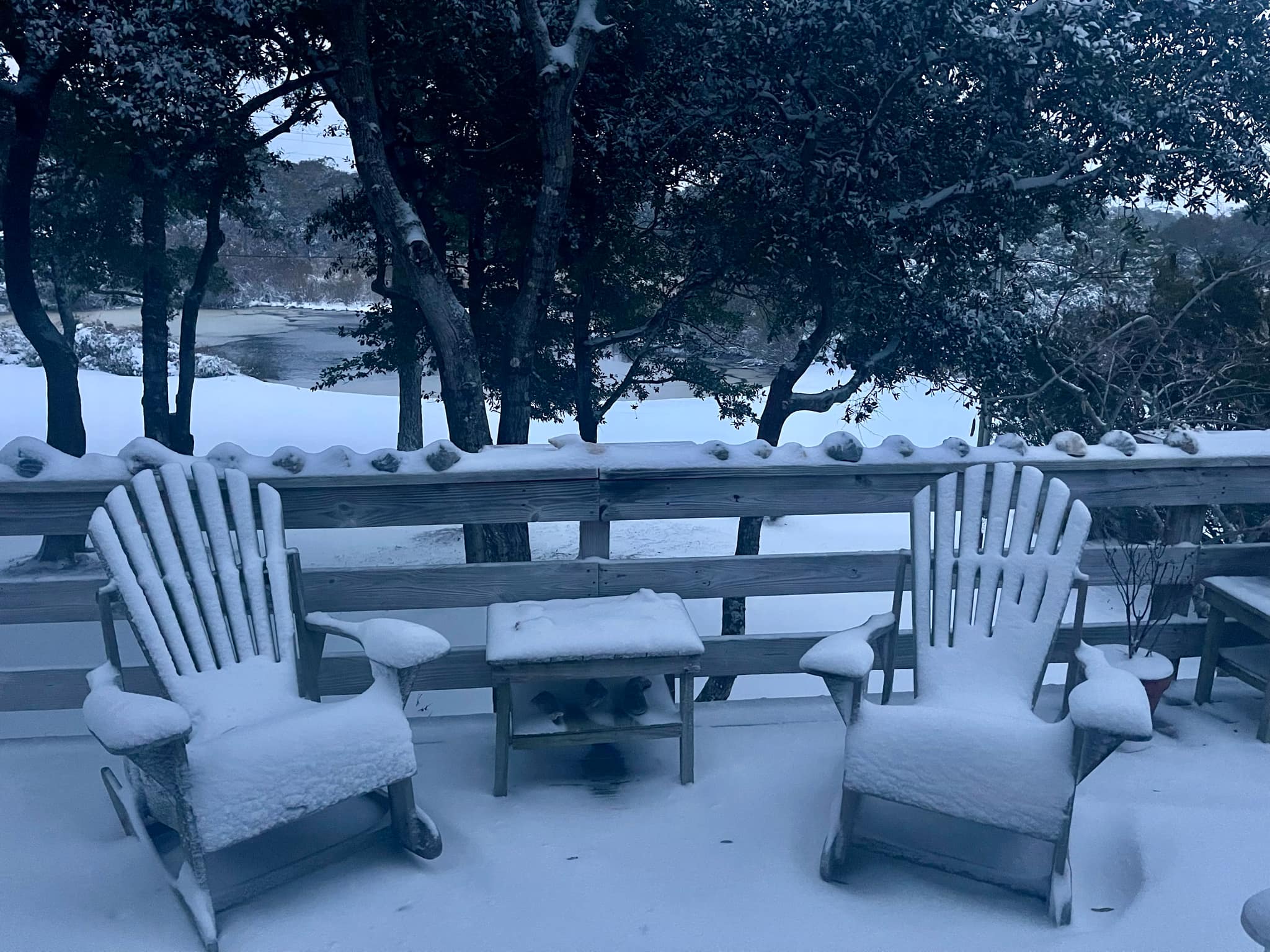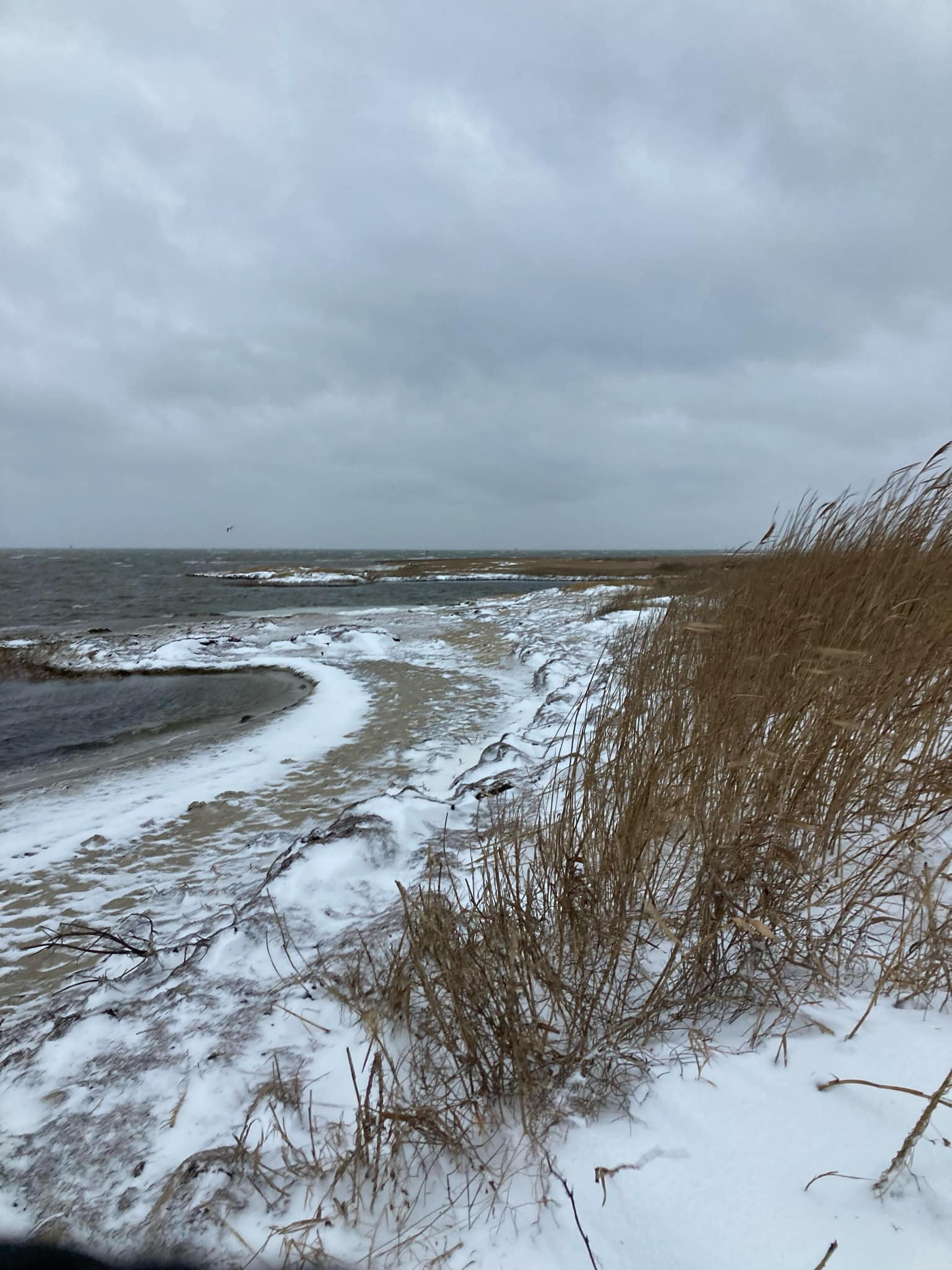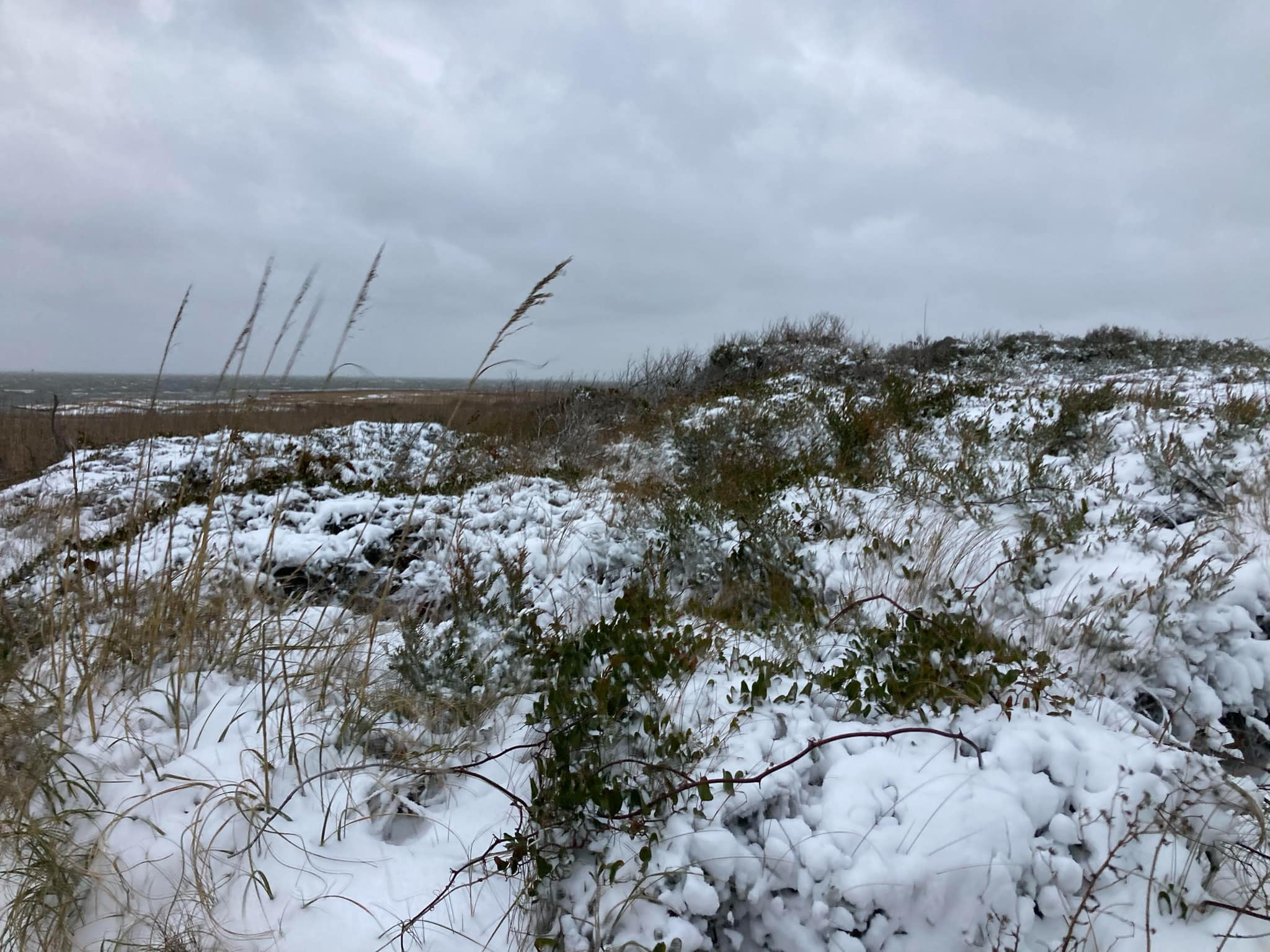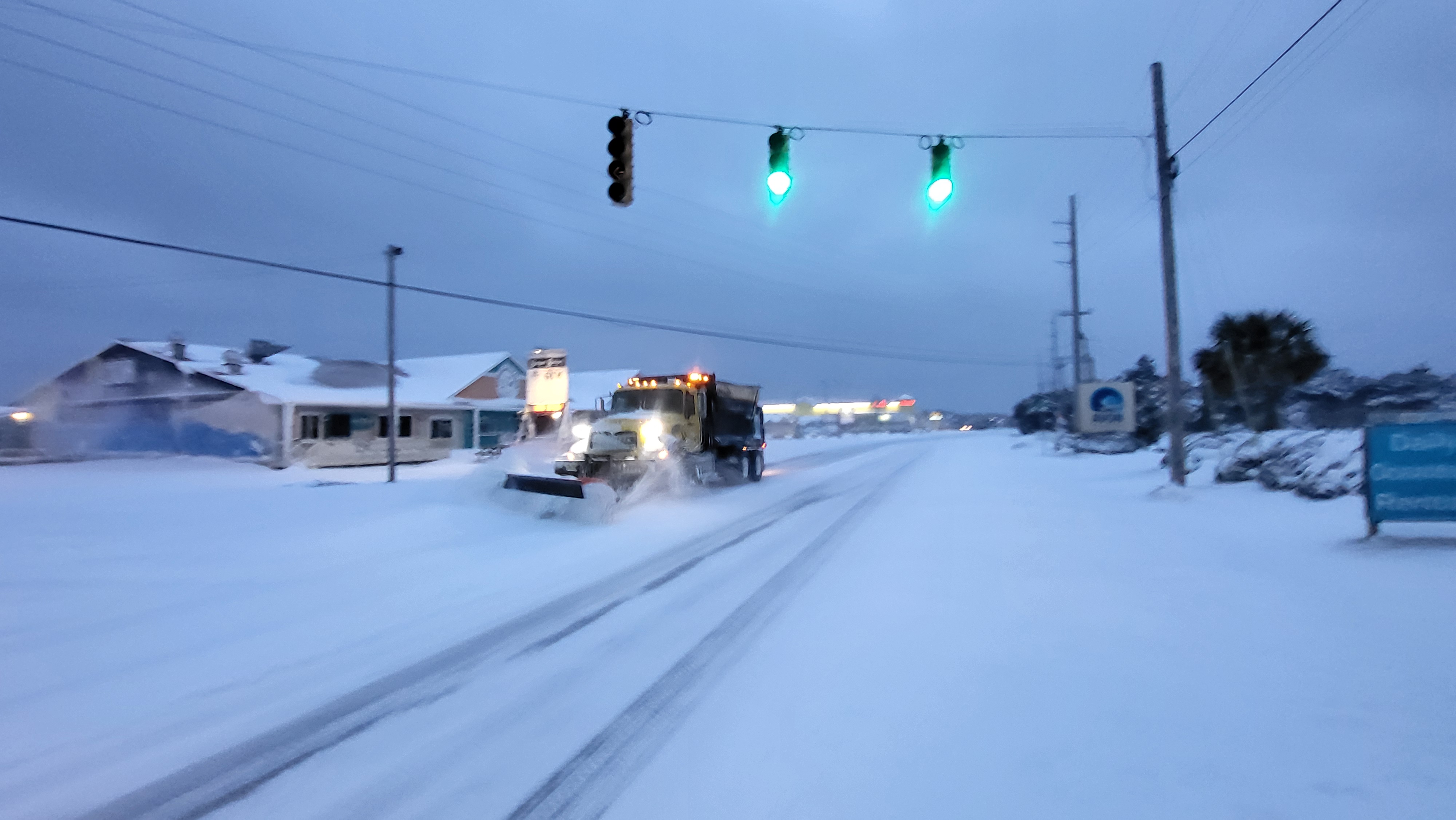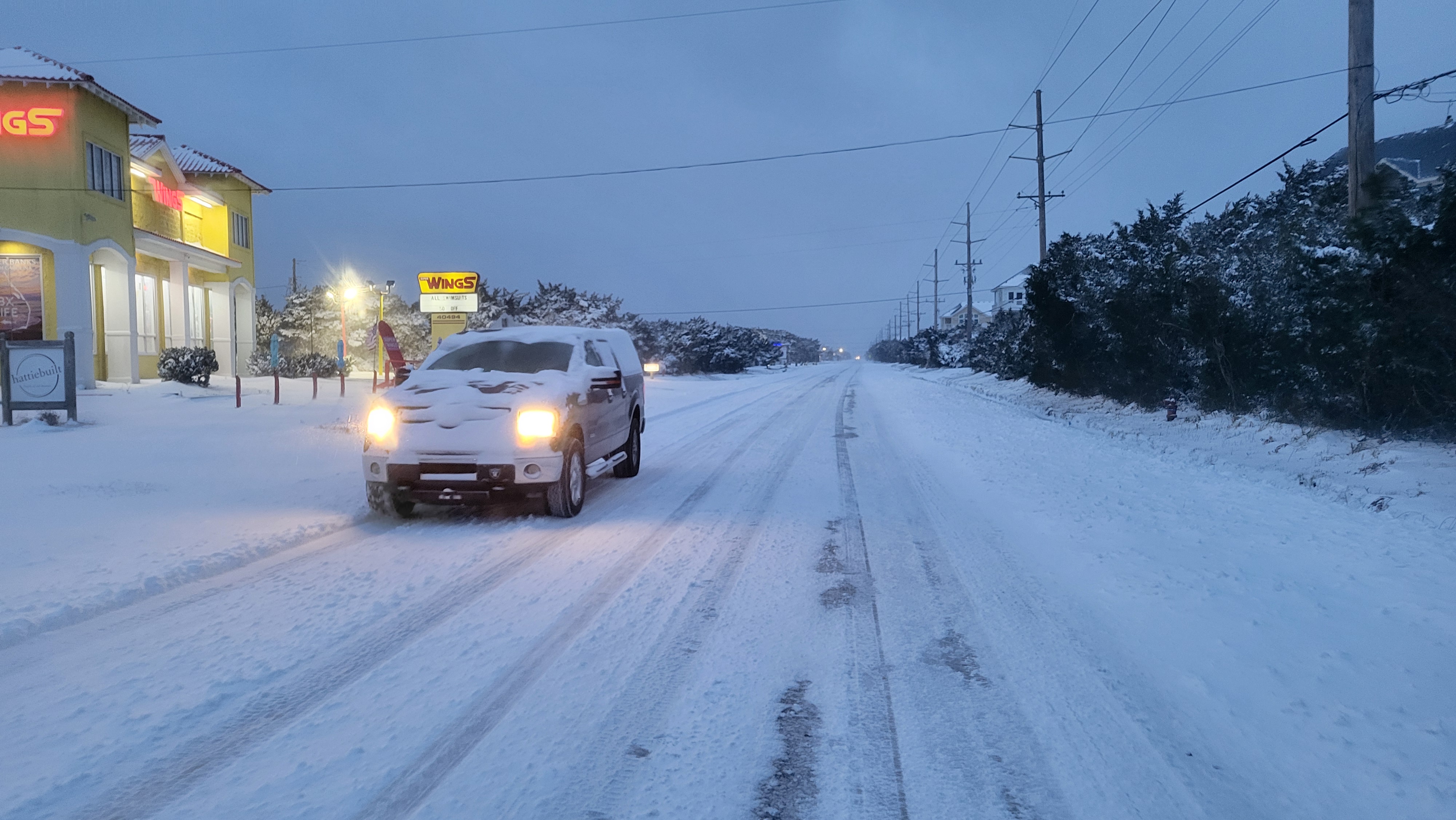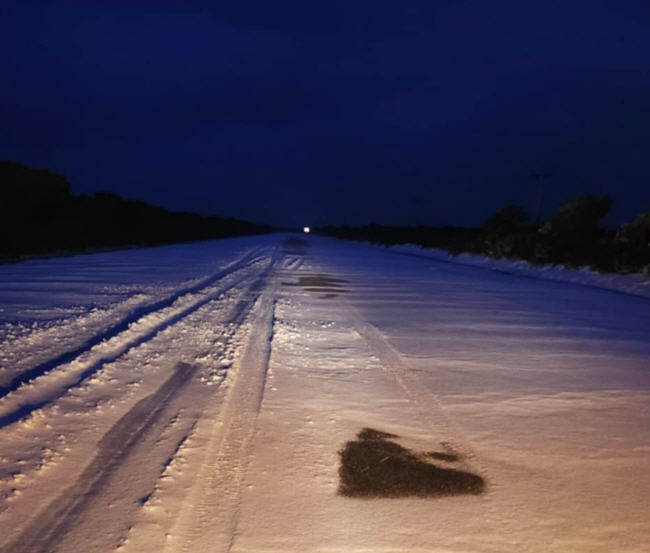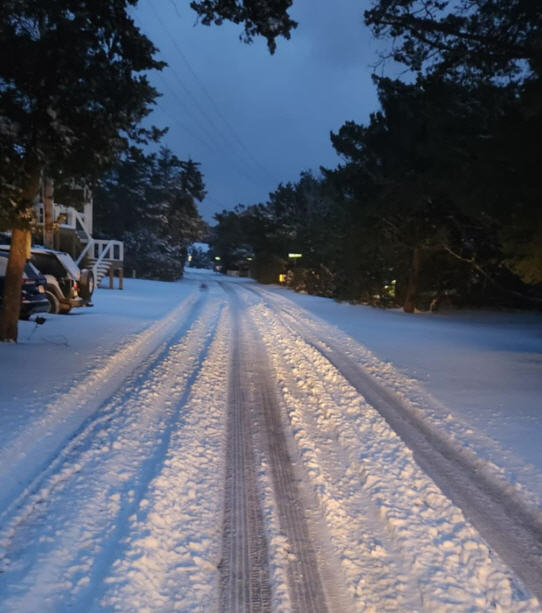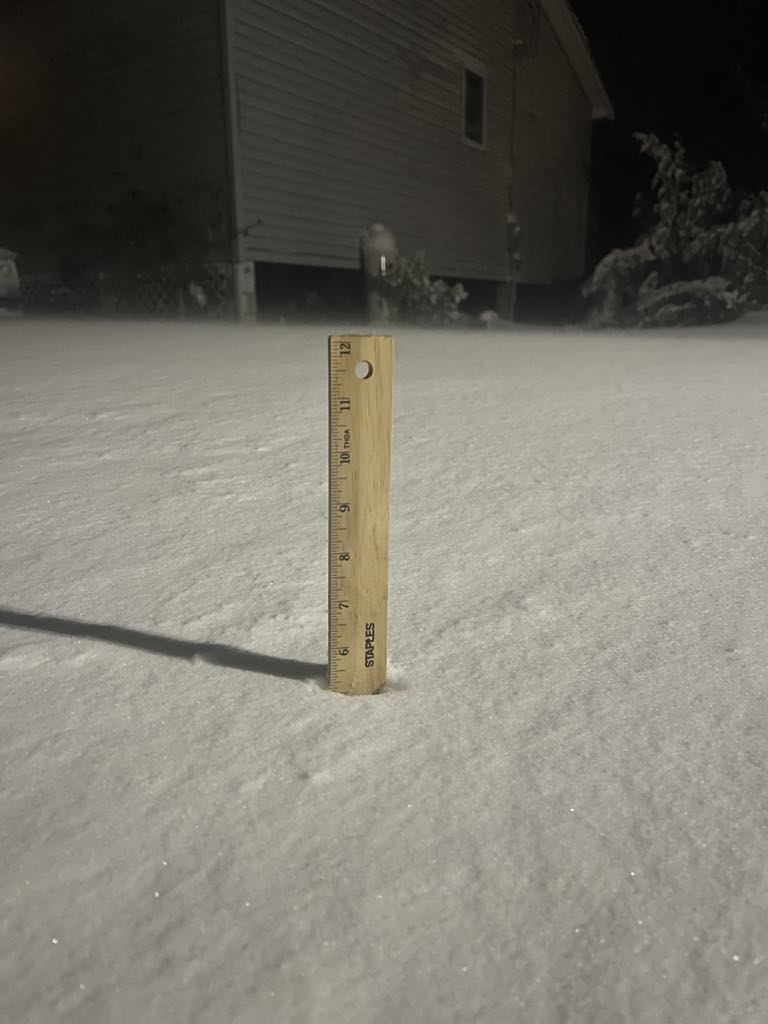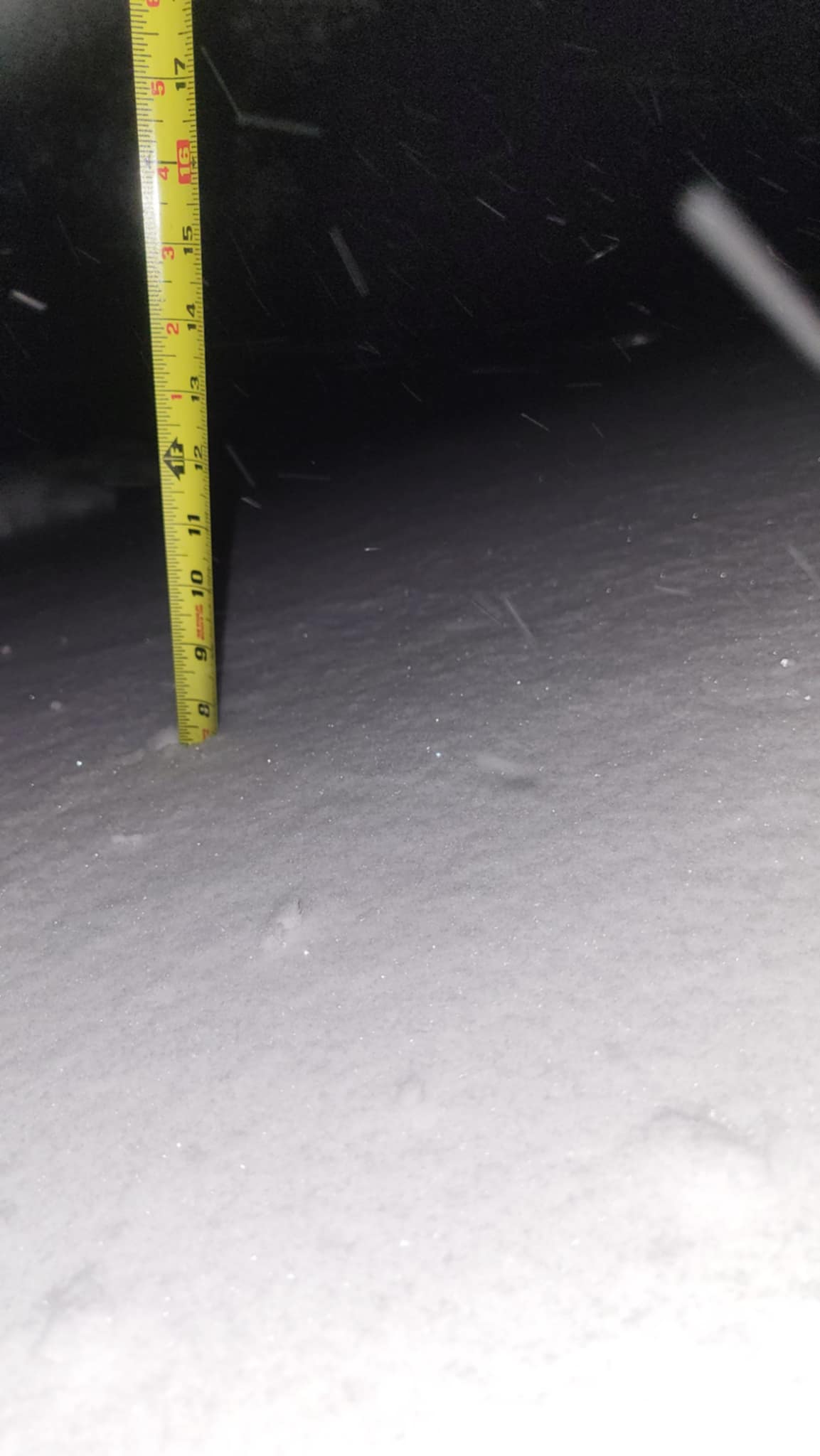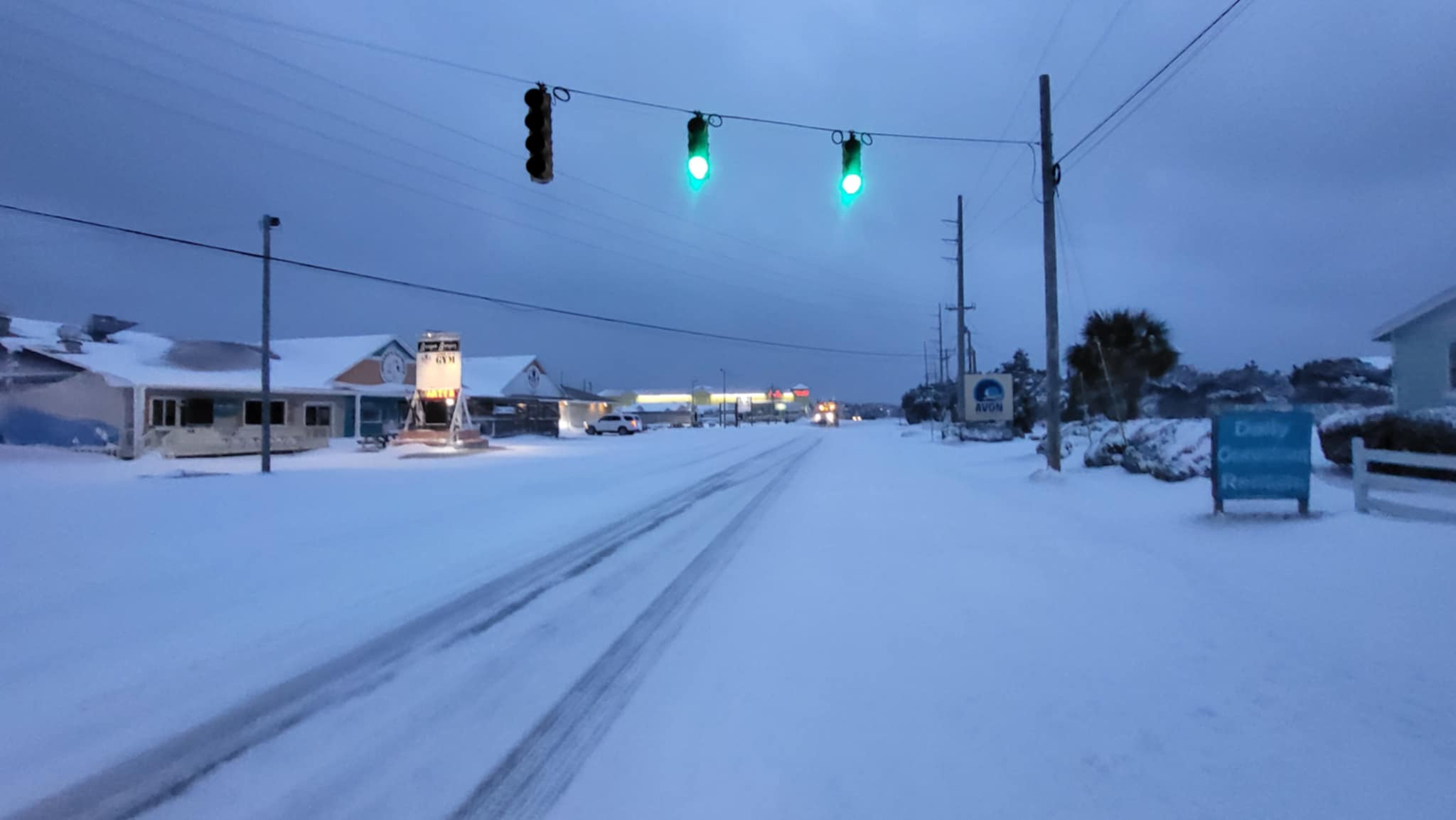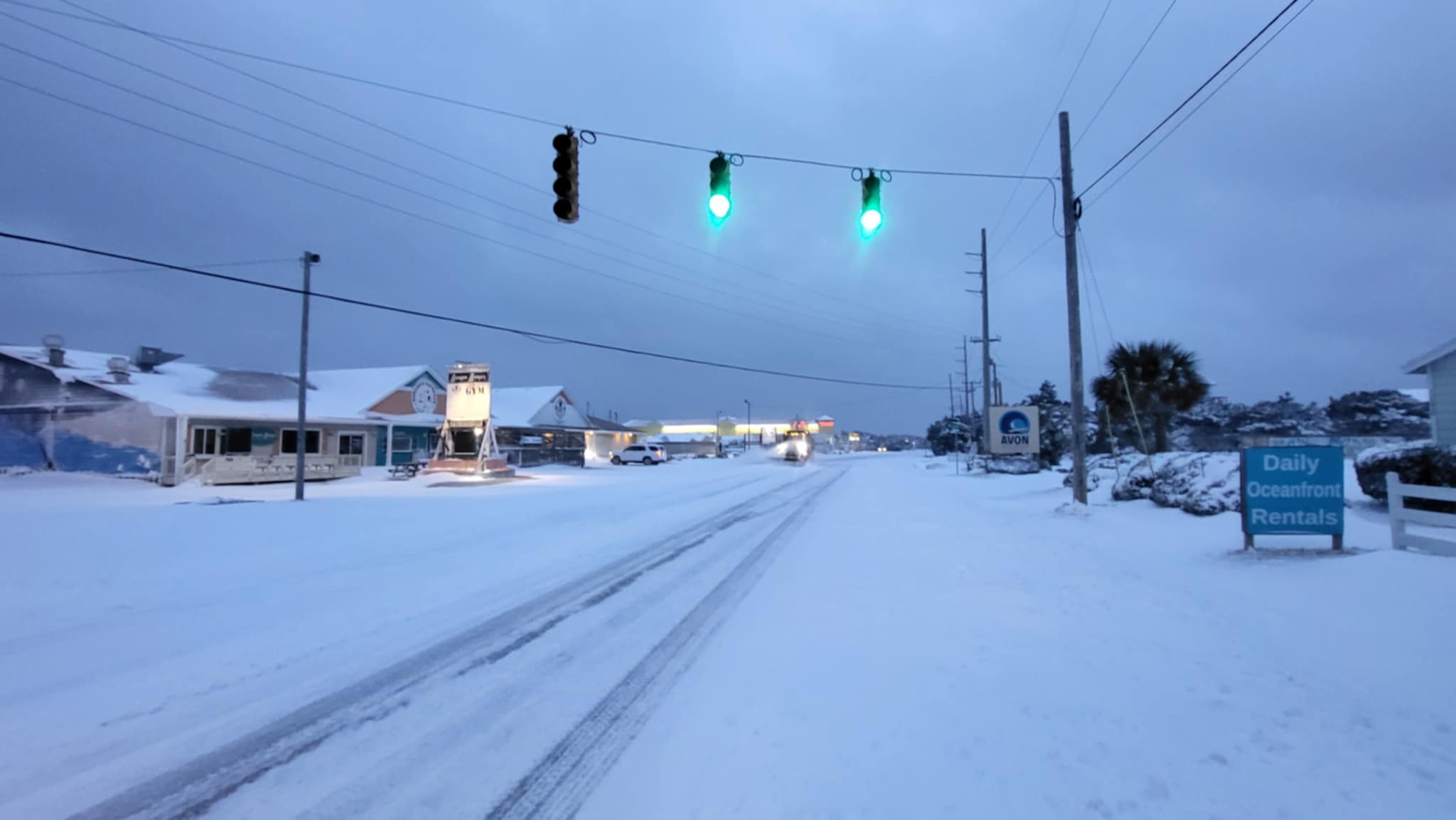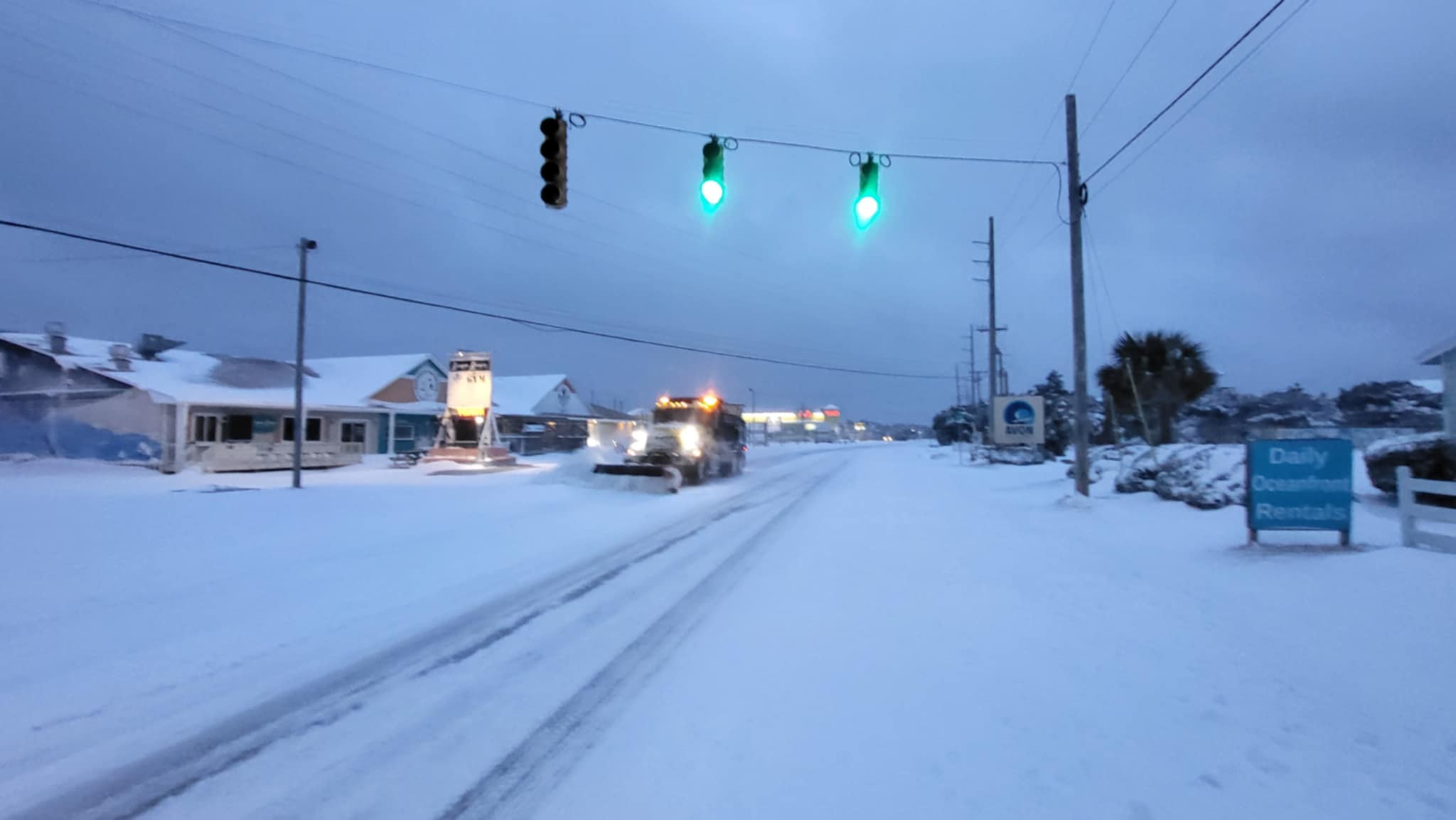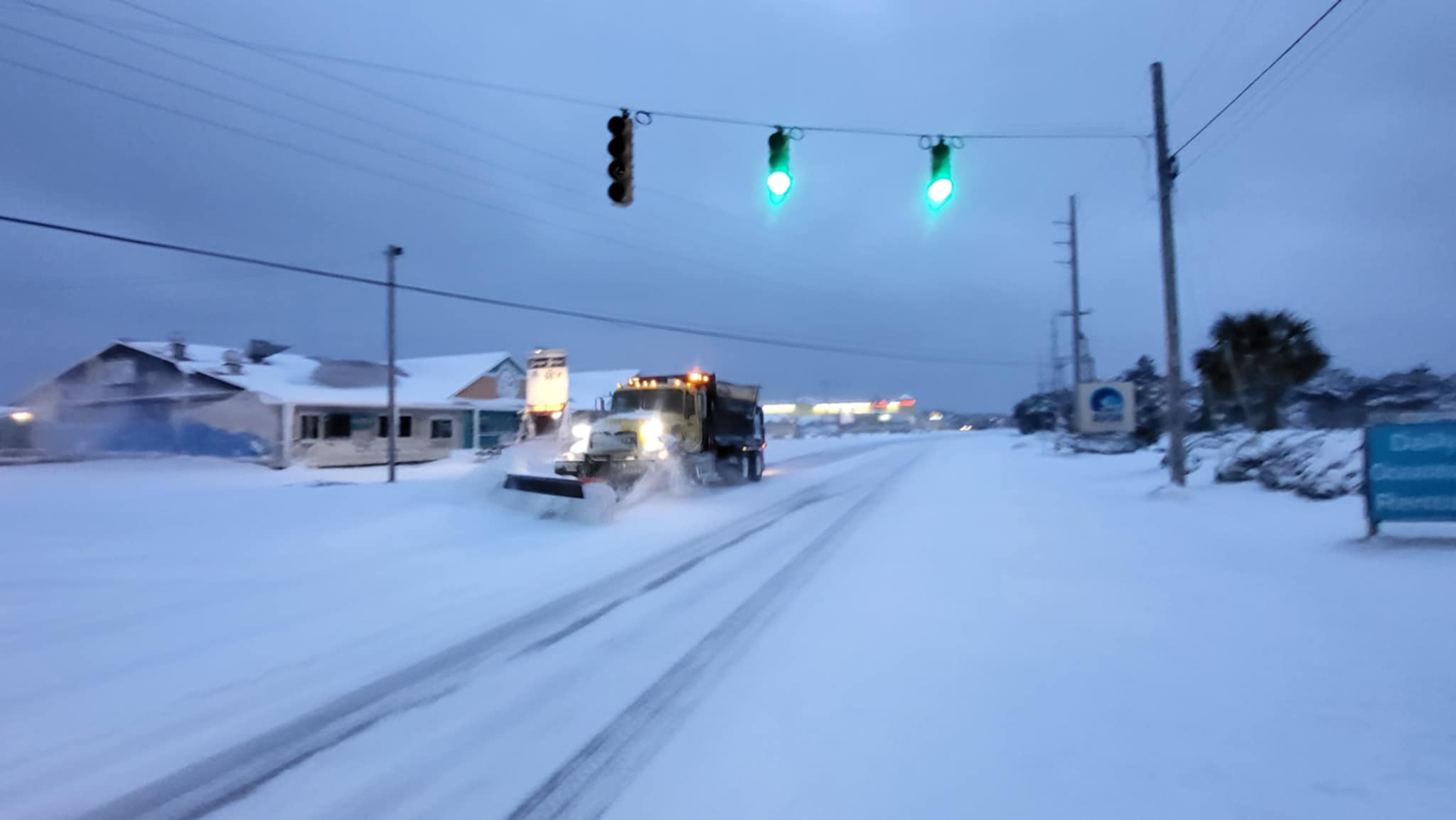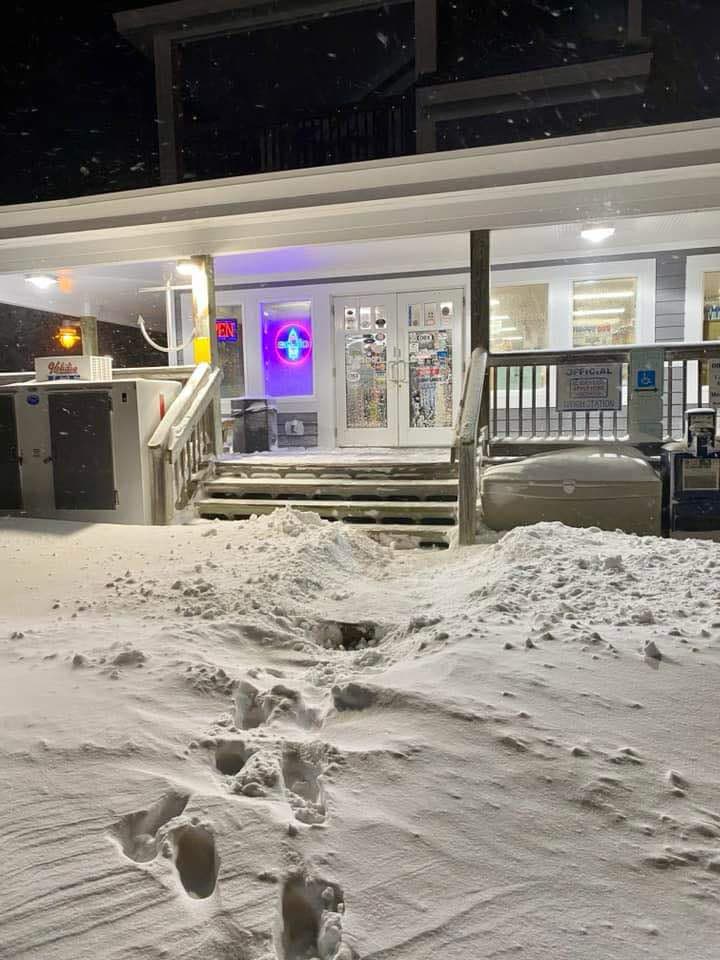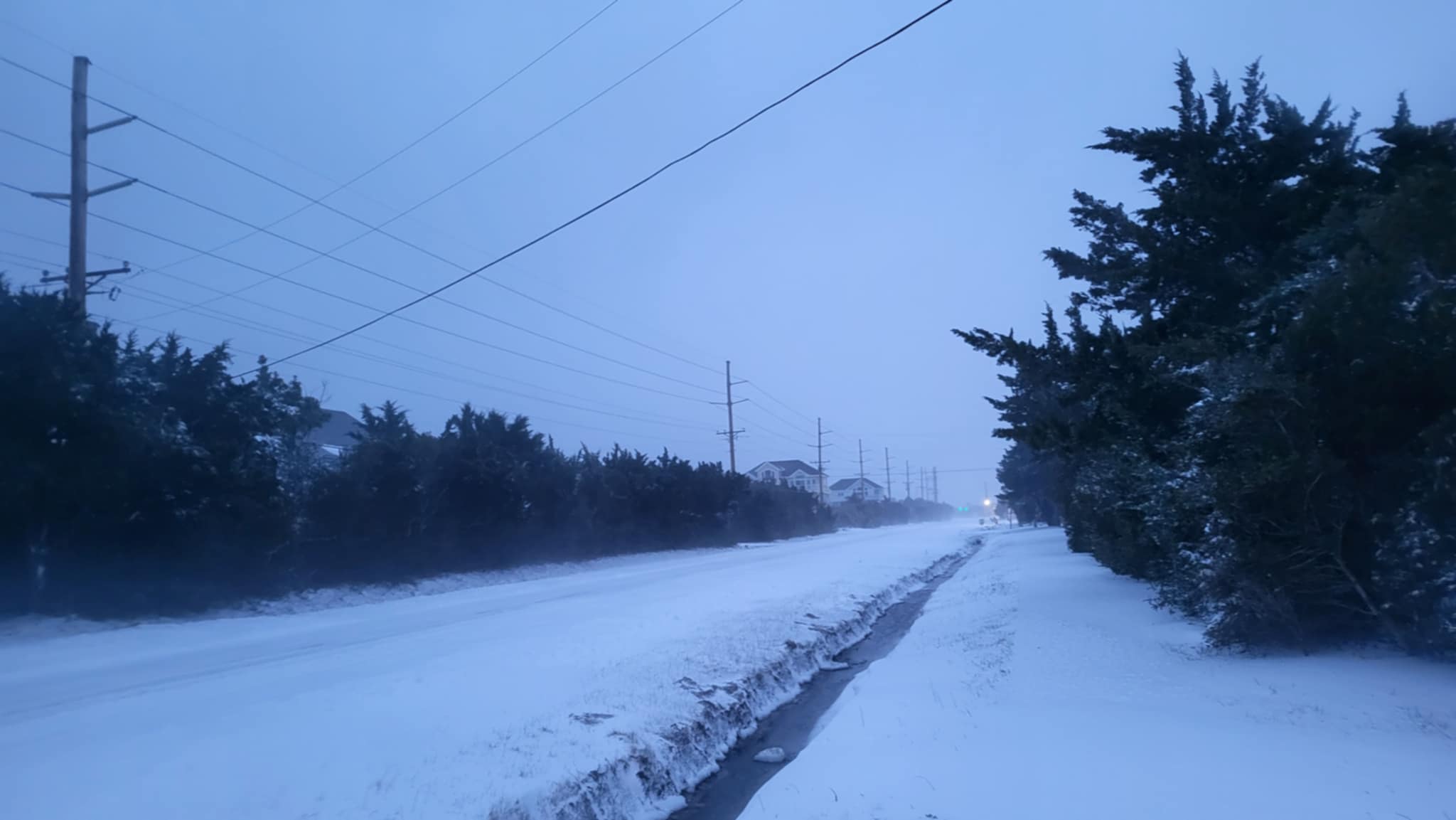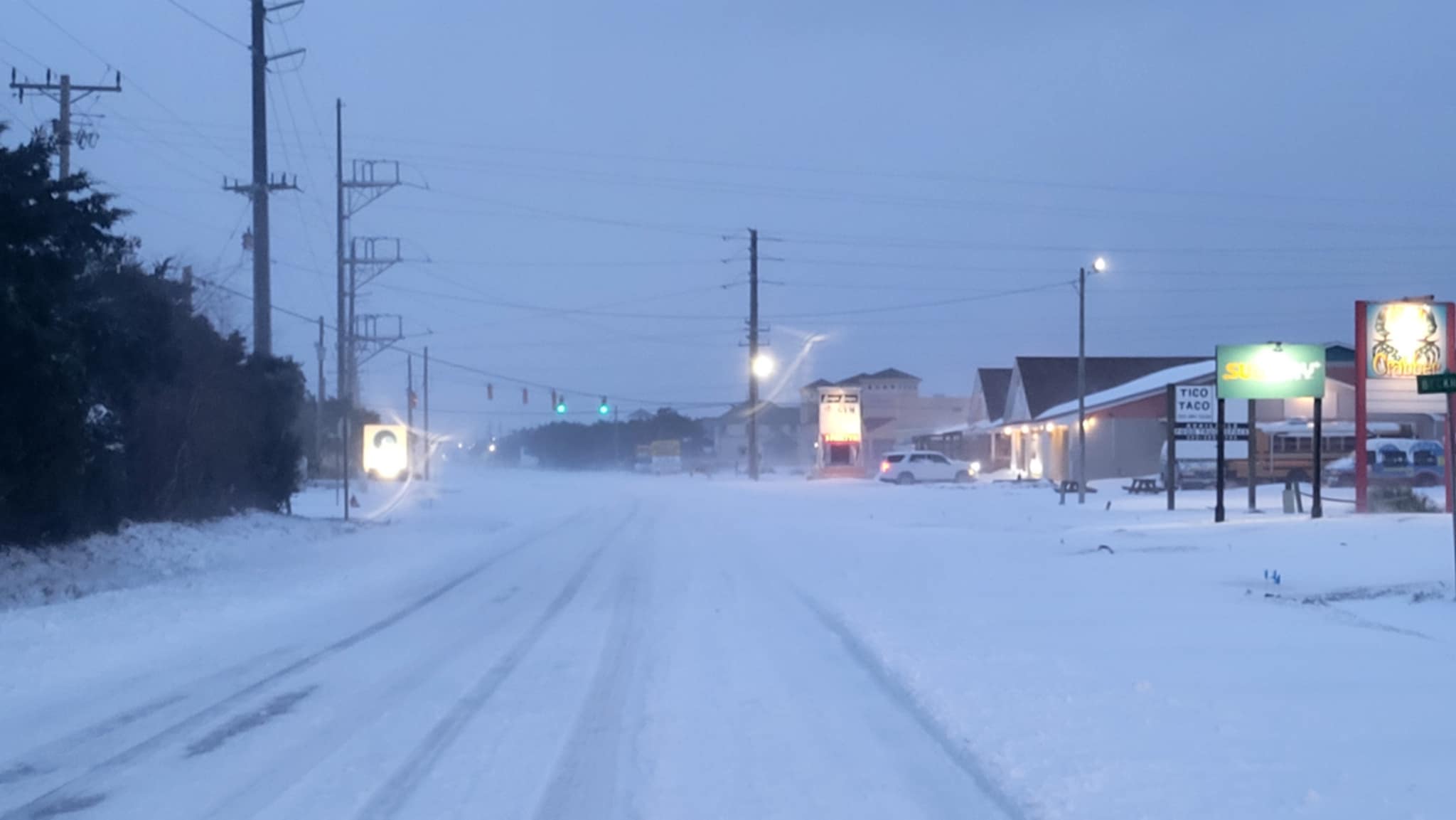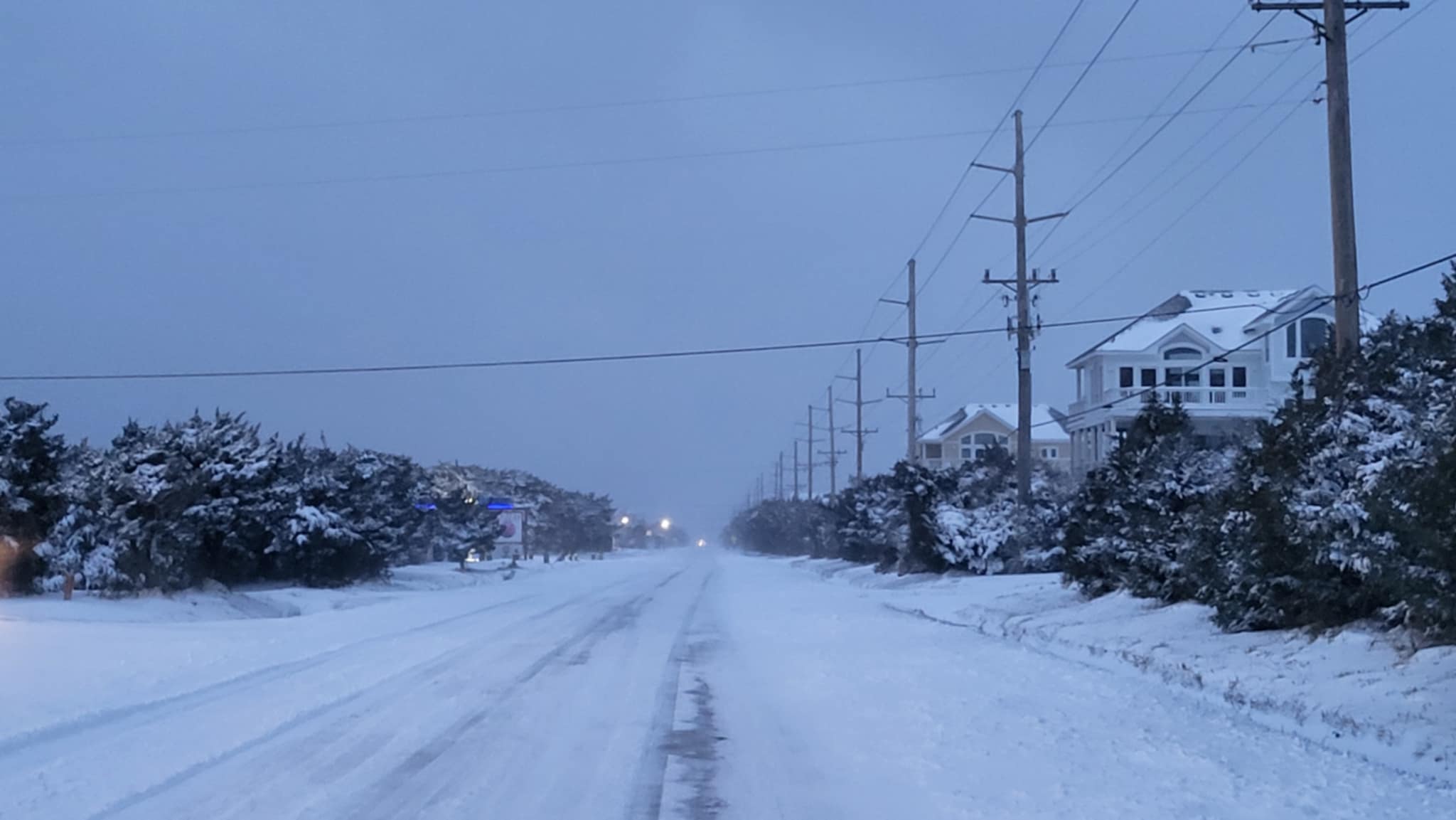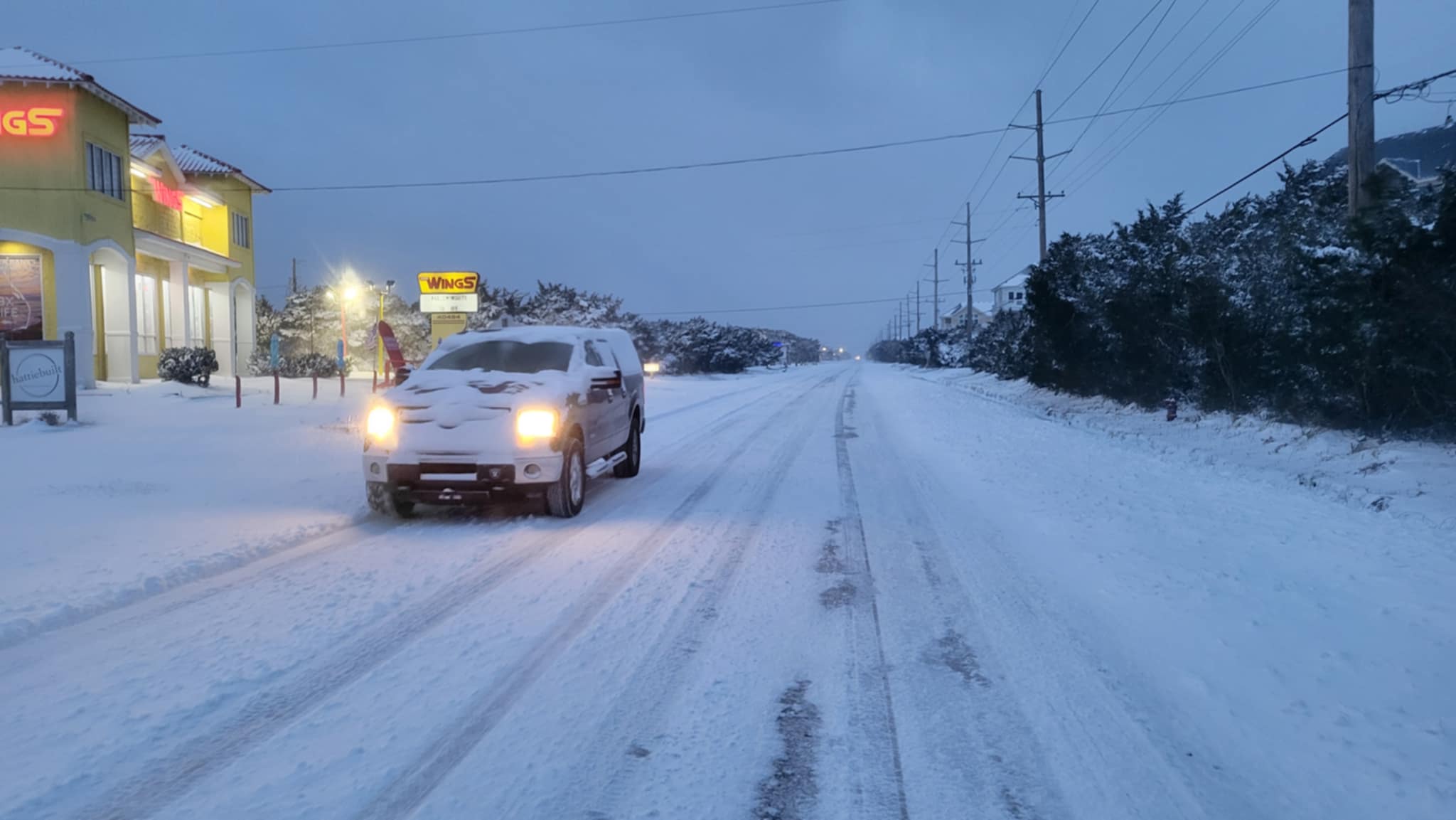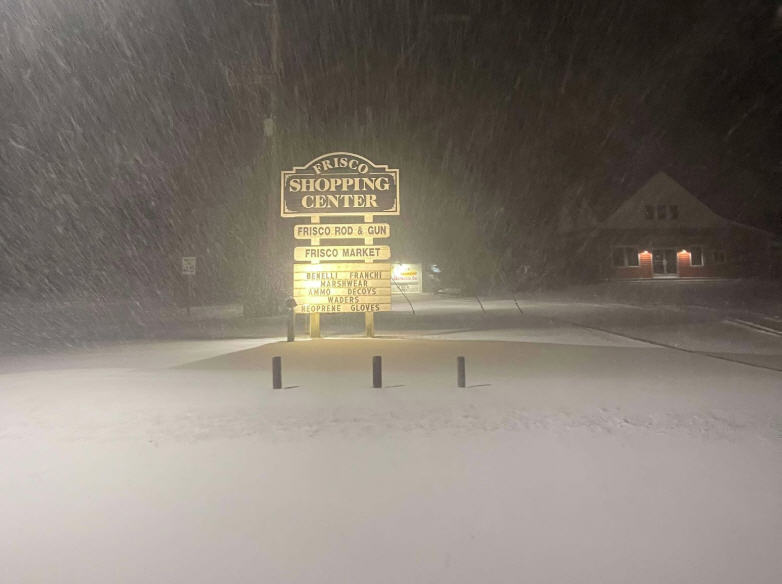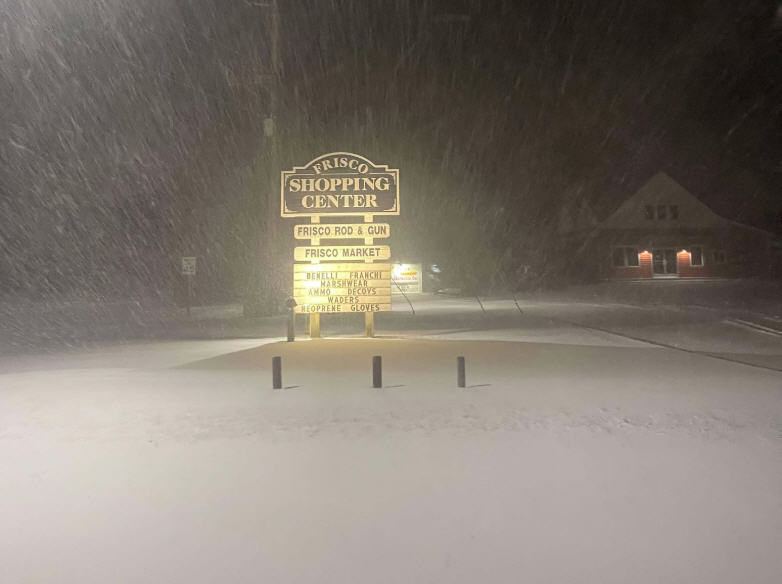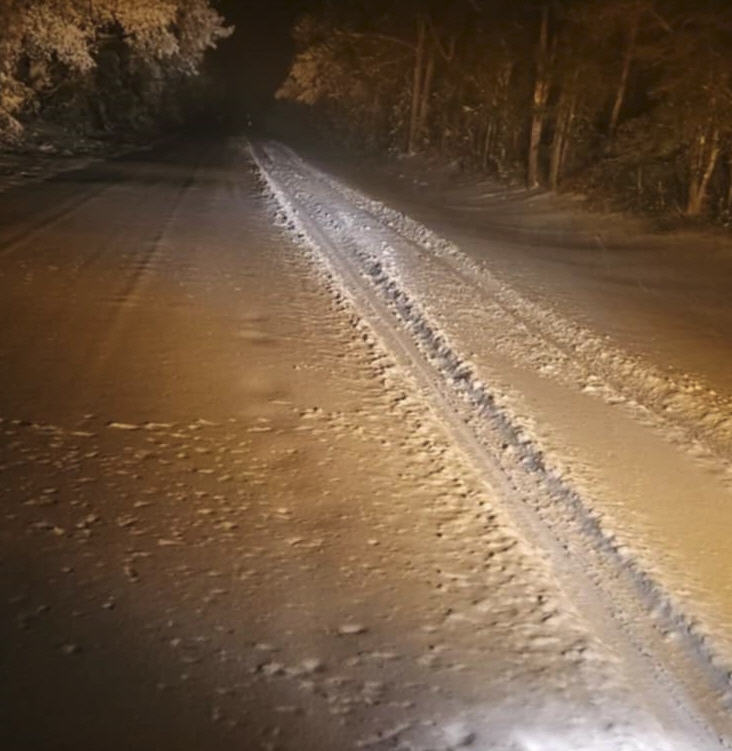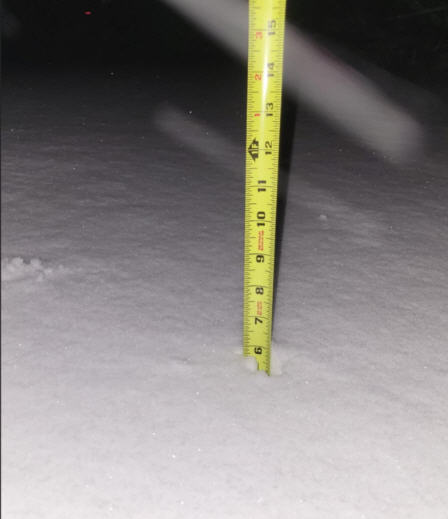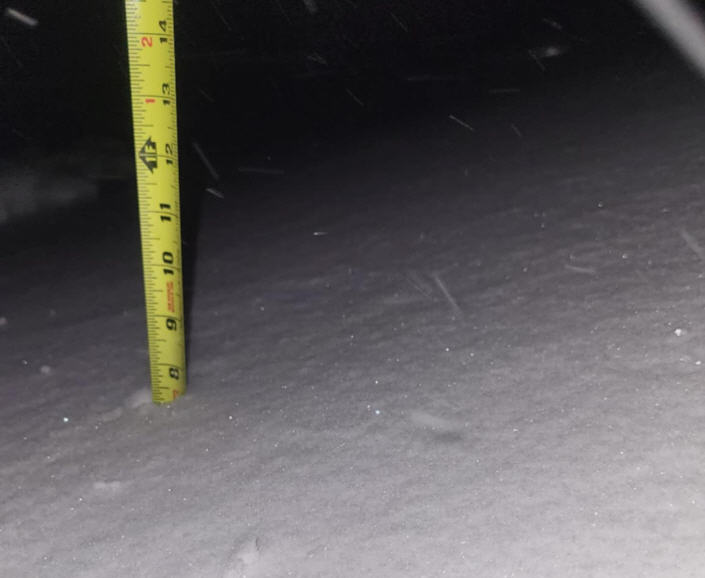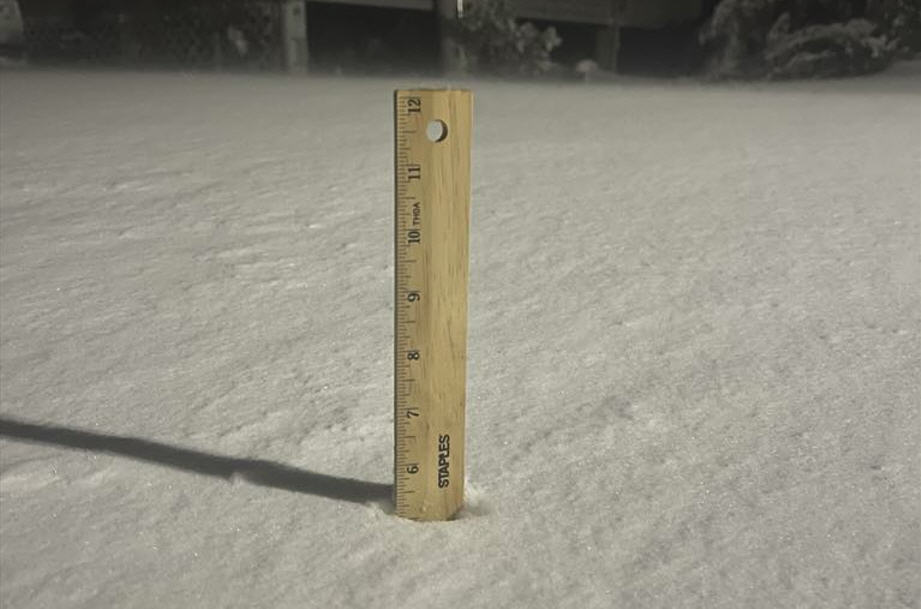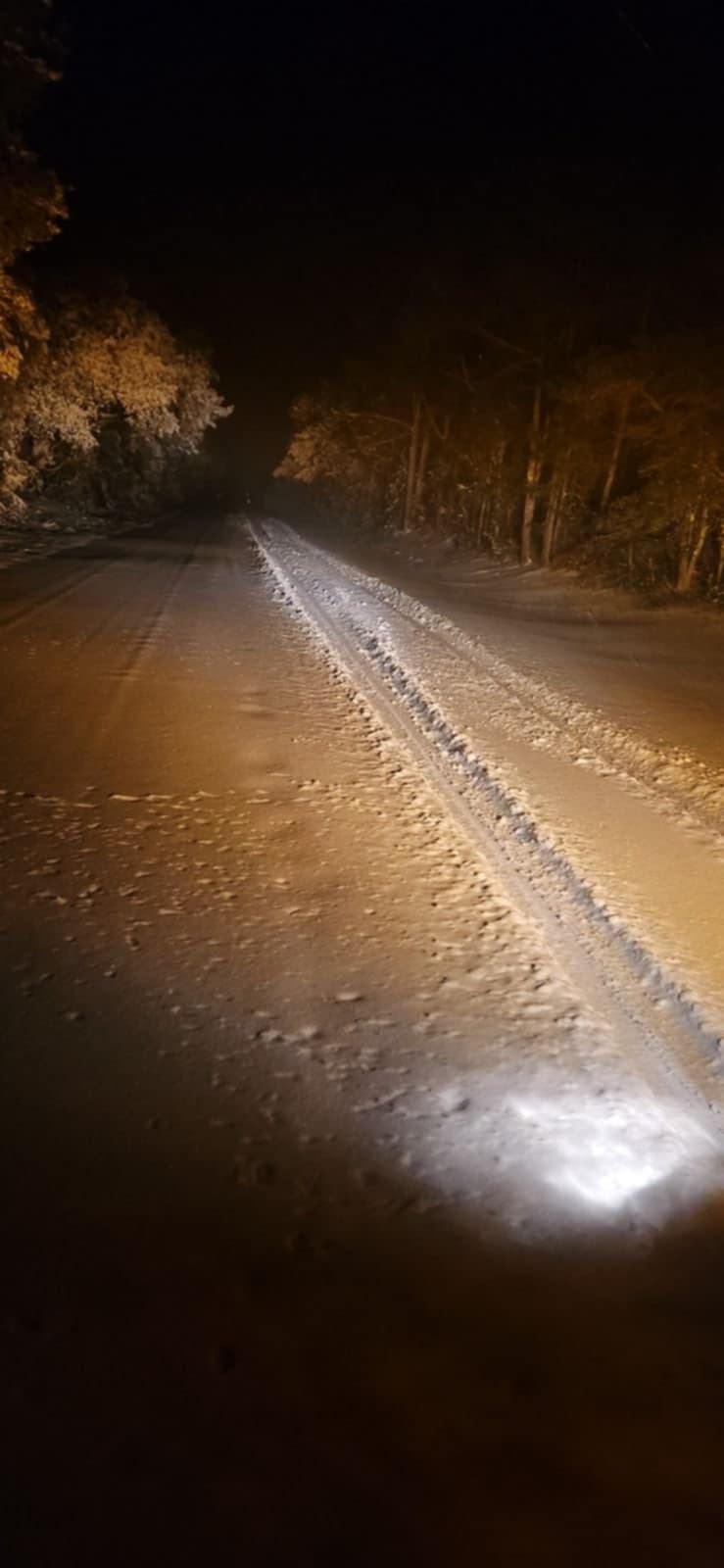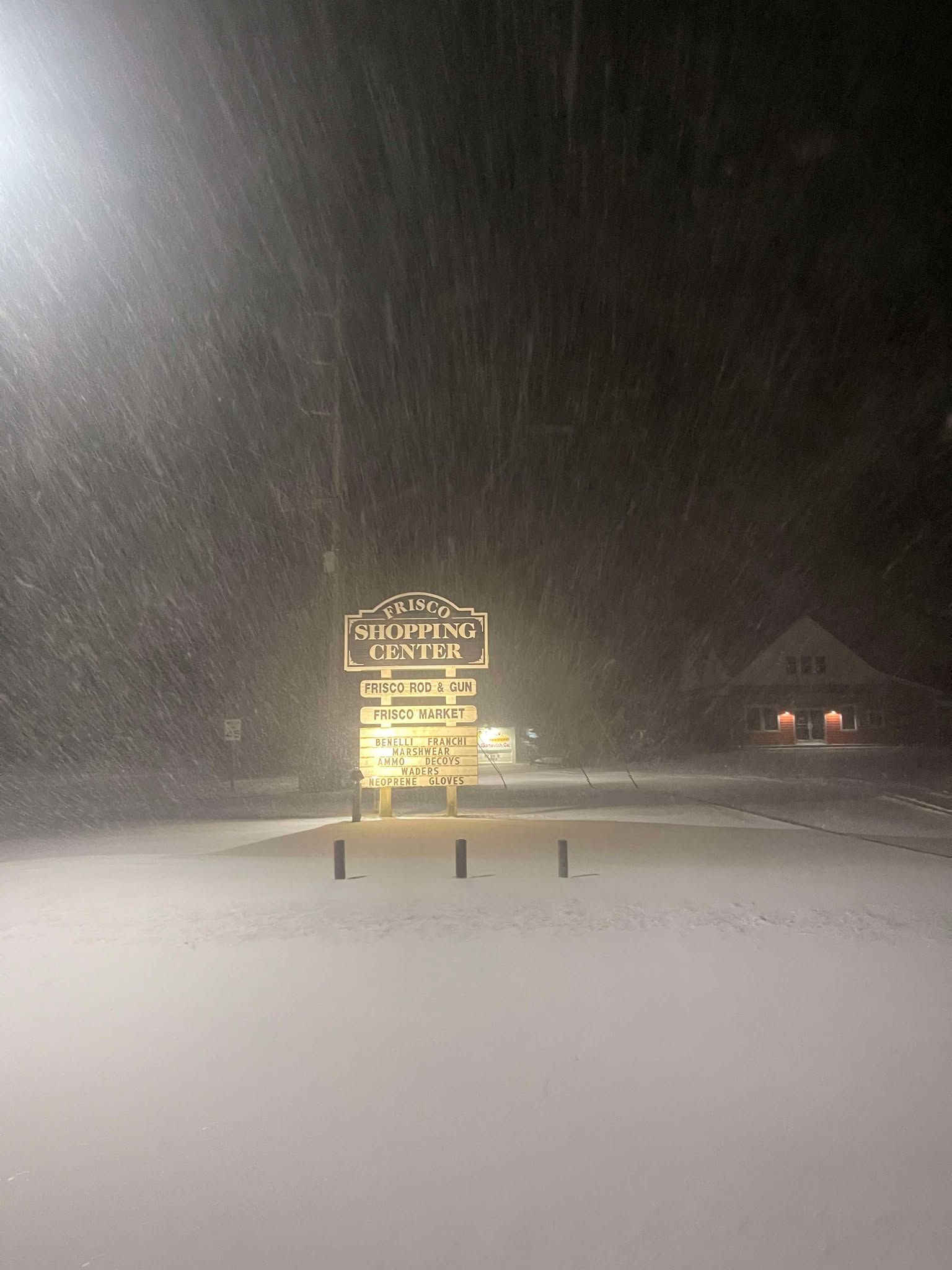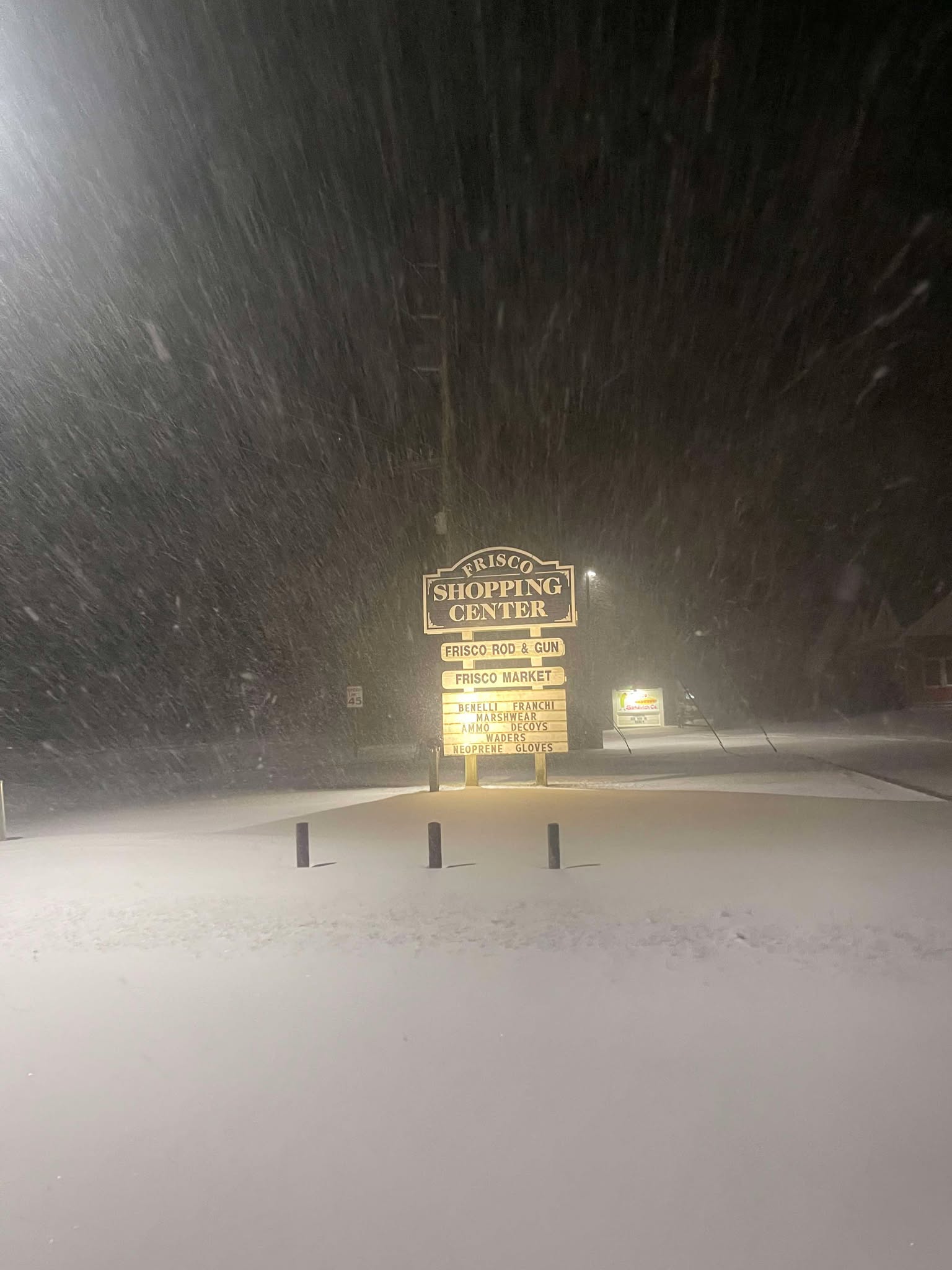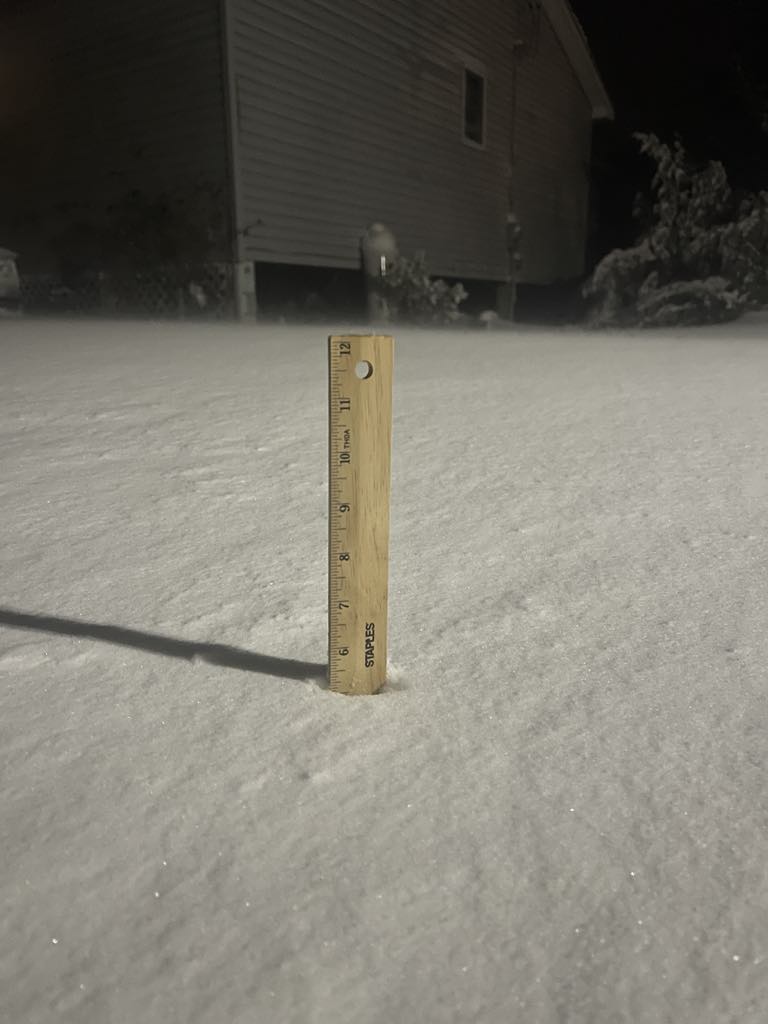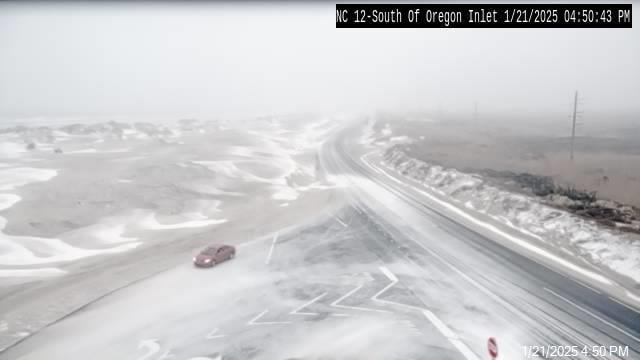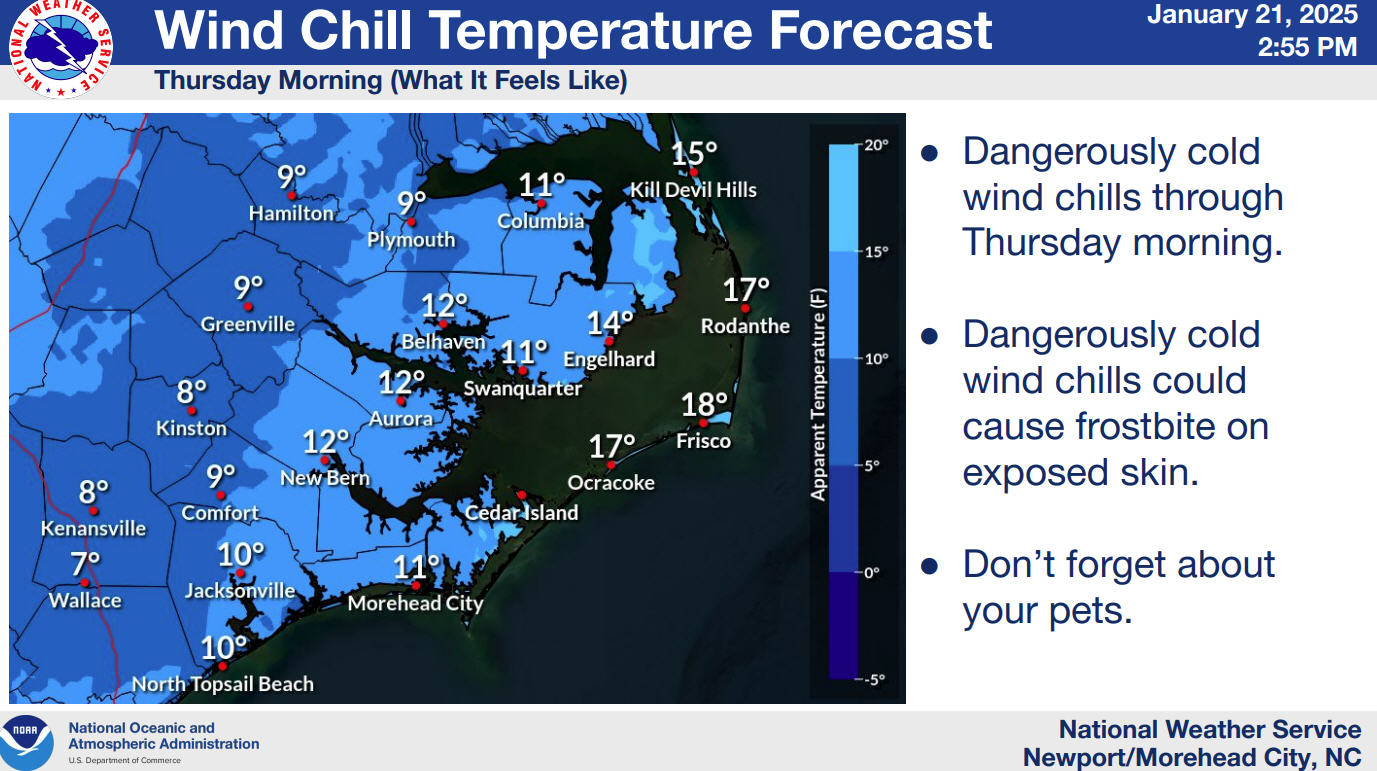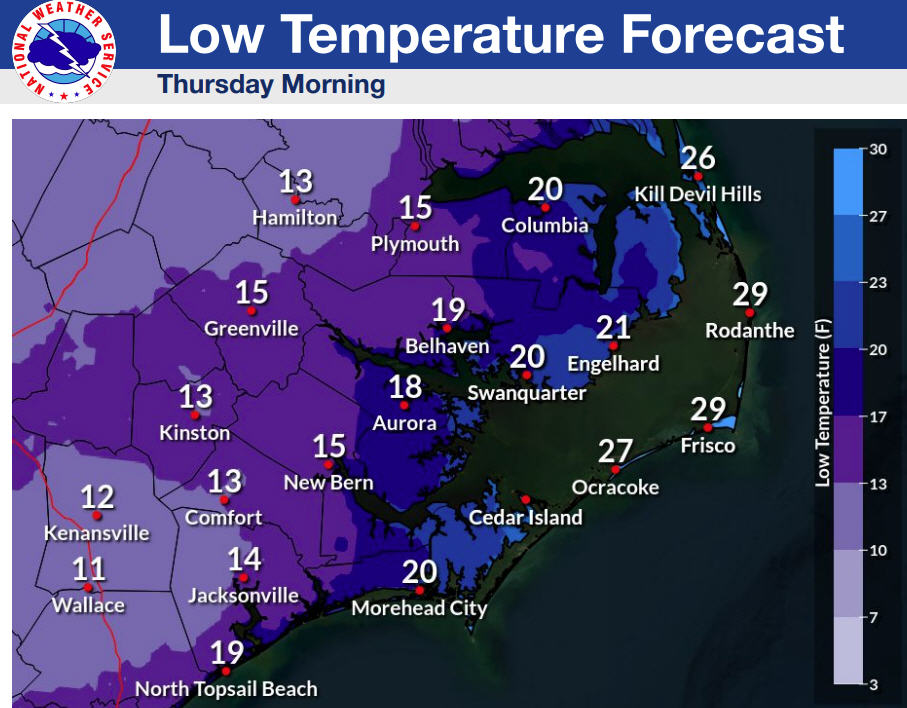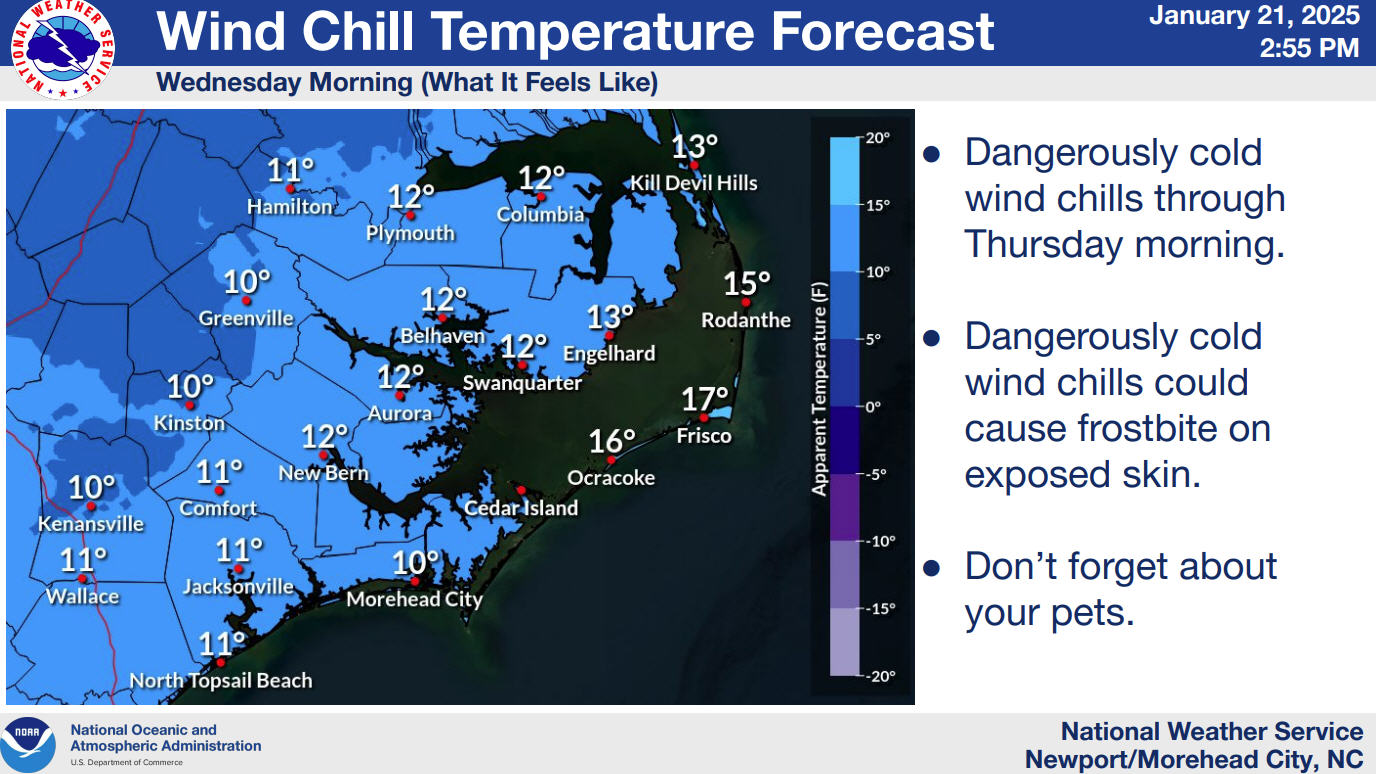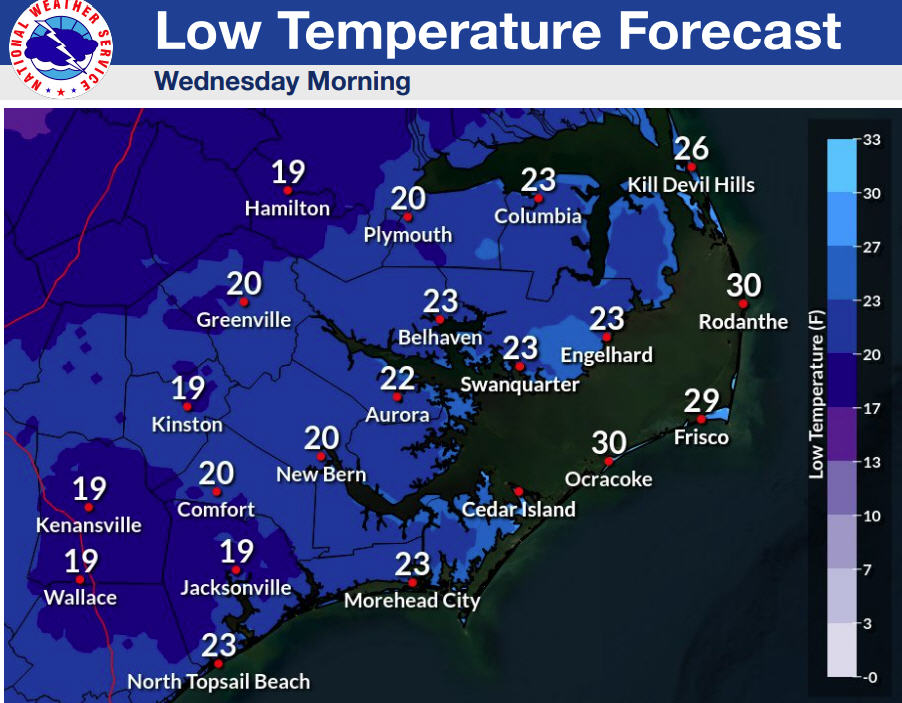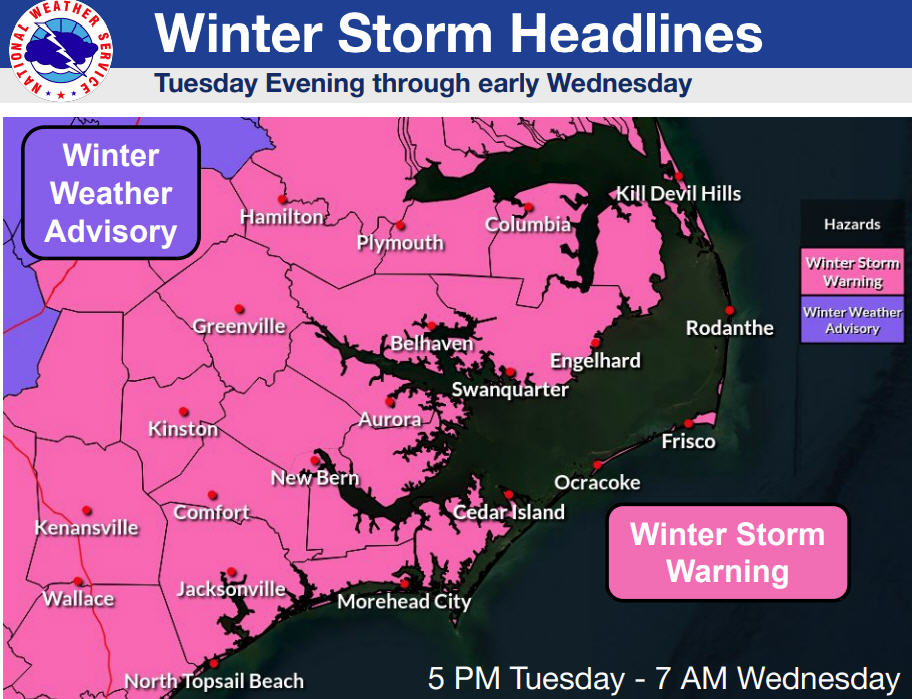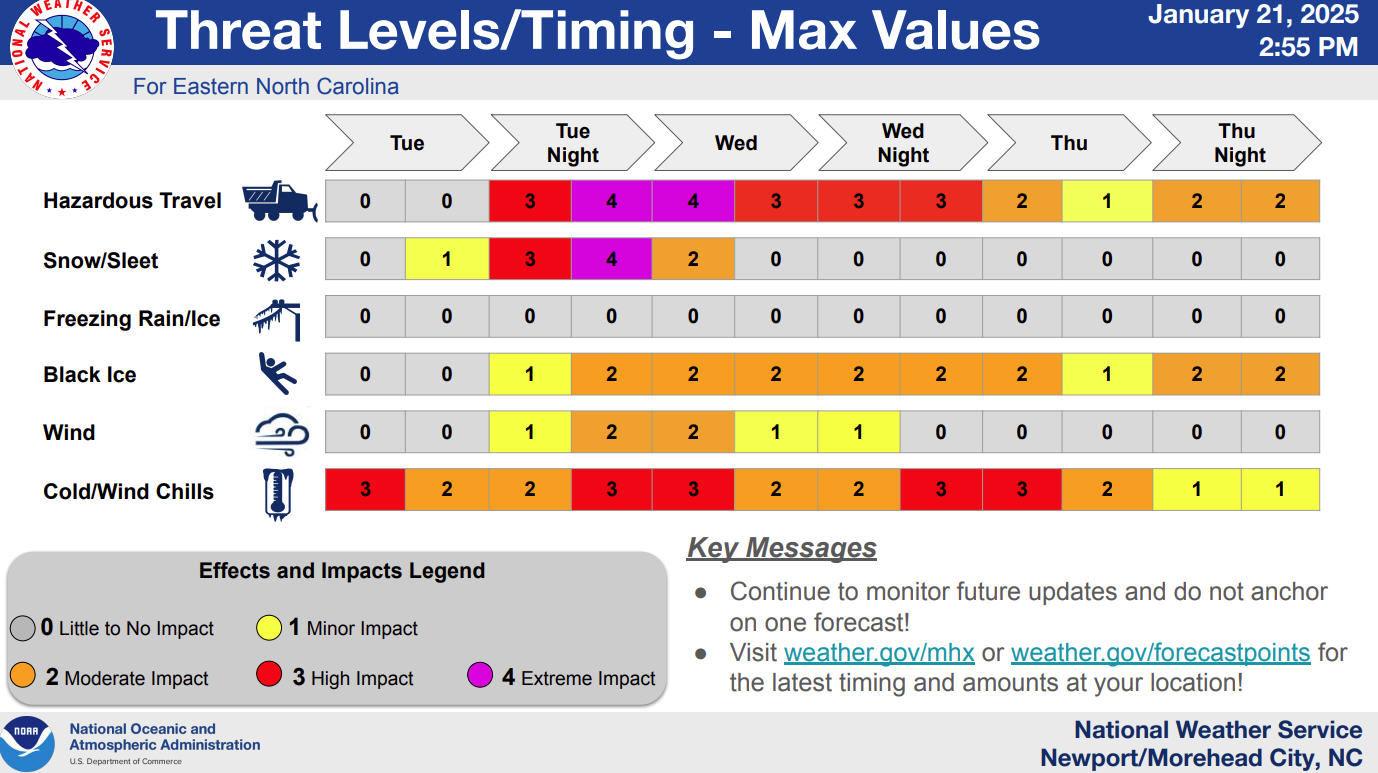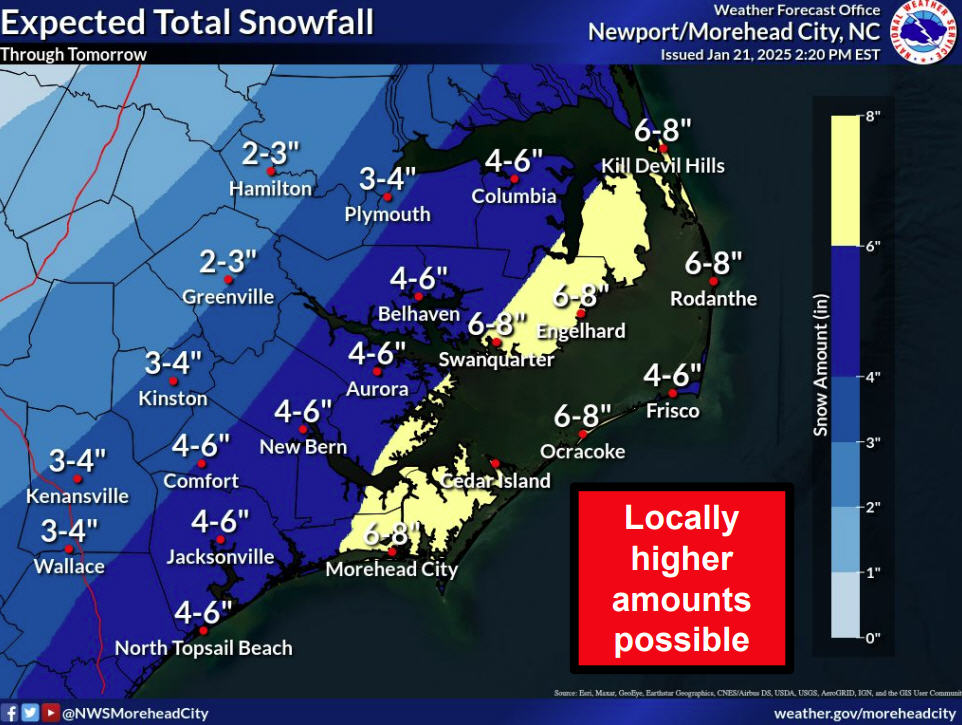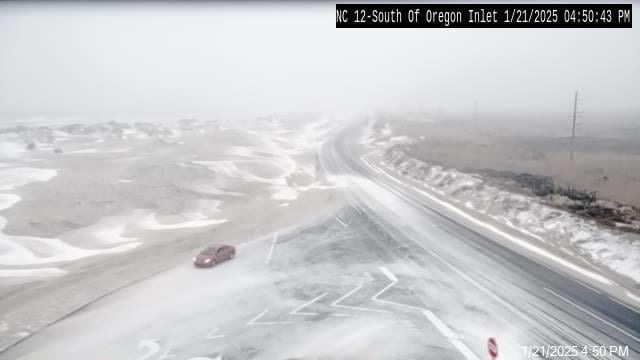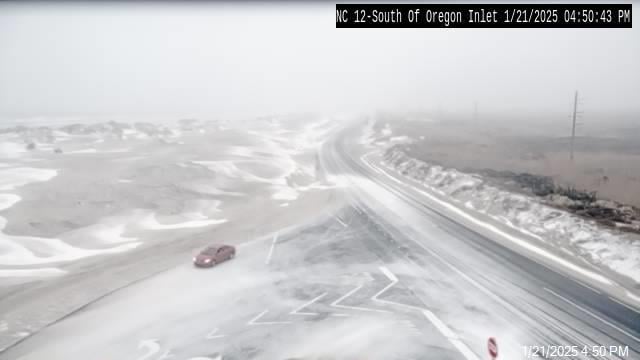Legislative Update: Open government laws are a mixed bag
The North Carolina General Assembly has produced a mixed bag of legislation related to open government laws during the current session. The legislators have added a little light to some areas, while closing the shades to keep out the sunshine in others.
In April, Governor Pat McCrory turned Senate Bill 14 into law when he signed the legislation that adds transparency to the Academic Standards Review Commission. The commission was created in 2014 to review the Common Core standards and began its work last fall. The add-on to that enabling legislation mandates that all meeting materials be placed on its website and that all meetings are to be live streamed over the internet.
House Bill 405 is now law after the governor’s veto of the legislation was overridden by the General Assembly. It has been dubbed the “Ag-Gag” bill because it is aimed at journalists who take jobs in agriculture to report on inhumane or illegal practices. The new law allows business owners to collect civil damages of up to $5,000 from those who violate the law. In earlier versions of the bill, violations would have been criminal offenses.
HB 97, the Senate version of the House proposed budget, includes a long list of policy issues and matters unrelated to budget issues. It’s now set for conference committee to work out the vast differences in the bill, and one of the Senate amendments to it broadens the scope of public records exemptions.
That particular portion of the controversial budget proposal states: “…Sensitive public security information. (a) Public records, as defined in G.S. 132-1, shall not include information containing specific details of public security plans and arrangements or the detailed plans and drawings of public buildings and infrastructure, facilities or plans, schedules, or other documents that include information regarding patterns or practices associated with executive protection and security. (a1) Public records, as defined in G.S. 132-1, shall not include specific security information or detailed plans, patterns, or practices associated with prison operations. (a2) Public records, as defined in G.S. 132-1, shall not include specific security information or detailed plans, patterns, or practices to prevent or respond to criminal, gang, or organized illegal activity.”
Opponents of the proposed legislation say that the exemptions are so broad that it could make the governor’s or other public servants’ calendar and travel protected from public scrutiny. Also of concern is that law enforcement policies could be hidden from public view.
SB 299 became effective when it was signed into law by the governor on July 8. It creates a new public records exemption for contracts with the State Ports Authority for usage of the facilities. This was one of many pieces of legislation that was included in multiple bills. The new law states: “A usage contract entered into between the Authority and a carrier is not a public record within the meaning of G.S. 132-1. For purposes of this section, the term ‘usage contract’ means a contract or agreement that contains terms and conditions involving terminal services related to maritime activities, including dockage, wharfage, cargo handling, storage, ro-ro service, transportation drayage, and other miscellaneous port services.”
This bill means that the amount of revenues associated with the contract also are secret as are the workings of the user.
The governor has also signed into law SB 578 that requires that the Department of Health and Human Services create the Child Maltreatment Registry which, when it becomes effective Jan. 1, 2016, will be a list of childcare providers found to mistreat children in their care. Most of the information collected by the department during its investigation will be exempt from the Public Records Law but the names of the providers will be public.
HB 184 has passed the House and is now in the Senate Judiciary 1 Committee. If made into law, the bill sets a limit on how long a public exemption would apply to many documents withheld from public scrutiny – 100 years. The legislation would not apply to any record that: “(1) Is ordered to be sealed by any state or federal court, except as provided by that court; (2) Is prohibited from being disclosed under federal law, rule, or regulation; (3) Contains federal social security numbers; (4) Is a juvenile, probationer, parolee, post releasee, or prison inmate record including medical and mental health records; or (5) Contains detailed plans and drawings of public buildings and infrastructure facilities. (d) For purposes of this section, the custodian of the record shall be the Department of Cultural Resources or other agency in actual possession of the record.”
HB 477, has passed the House and has been in the Senate Rules and Operations Committee since April 30. If passed and signed into law, the bill would provide an exemption to the Open Records Laws for law enforcement, firefighters and others who respond to emergencies. The bill states: “… G.S. 132-1.7 is amended by adding a new subsection to read: “(b1) Public records, as defined in G.S. 132-1, shall not include mobile telephone numbers issued by a local, county, or state government to any of the following: (1) A sworn law enforcement officer or non-sworn employee of a public law enforcement agency. (2) An employee of a fire department. (3) Any employee whose duties include responding to an emergency.”
Another law enforcement related bill, SB 699, if made into law, would exempt from examination and inspection the names, addresses, social security numbers, medical, disability and emergency contact information of law enforcement officers upon request. It was referred to the Senate Committee on Rules and Operations in March. In April it moved to the Senate Judiciary Committee.
HB 543 would allow the N.C. Medical Board that licenses doctors, nurses and physicians assistants more secrecy. On one hand, the review panel would be required to post the names and practice addresses of all new applicants. On the other hand, it exempts the review panel from the open meetings laws. It has passed the House and is now on the Senate side.
Law enforcement body and dashboard camera videos are the focus of HB 713 that has passed the House and is now in the Senate. The bill states: “A person seeking an order under subsection (a) of this section to inspect, examine, or obtain a copy of audio, video, or audio and video recordings captured by a law enforcement officer’s body-worn camera or in-car camera must state the date and approximate time of the incident or encounter captured by the body-worn camera or in-car camera or otherwise identify the incident or encounter with reasonable particularity. Notwithstanding any other provision of state law regulating or prohibiting access to employee personnel records, a law enforcement agency may release recordings captured by a law enforcement officer’s body-worn camera or in-car camera without the consent of the law enforcement officer whose actions, visual or audible, are captured on the recordings. Nothing in this subsection shall be construed as (i) requiring a law enforcement agency to allow inspection, examination, or release of audio, video, or audio and video recordings captured by a law enforcement officer’s body-worn camera or in-car camera or (ii) superseding federal law that authorizes or prohibits access to recordings subject to this subsection.”
(Sandy Semans is a retired newspaper editor and reporter who now works as a free-lance writer. She lives in Stumpy Point. Her update on the goings-on in this session of the General Assembly will appear weekly in The Island Free Press, usually on Friday.)
PREVIOUSLY PUBLISHED 2015 LEGISLATIVE UPDATES
First bill filed would prohibit condemning property for economic development
Legislative Update: And they are off — sort of
Legislative Update: The gold rush in Raleigh is underway
Legislative Update Most Bills Moving At Snails Pace But One Achieves Warp Speed
Legislative Update: Humor unleashed in the General Assembly
Legislative Update: Lawmakers made hay while the sun was shining
Legislative Update: Bill on dredging causes local turmoil
Legislative Update: 156 new bills filed this week
Legislative Update: Lawmakers keeping busy in Raleigh
Legislative Update: It was raining bills all week
Legislative Update: Bill on dredging causes local turmoil
Legislative Update: Occupancy tax provision is out of dredging bill
Legislative Update: Lawmakers take aim at N.C. Constitution
Legislative Update: More taxes and Constitutional amendments proposed
Legislative Update: Lawmakers racing the clock to get bills moved
Legislative Update: Rushing to meet the ‘crossover’ deadline
Legislative Update: A week of committee work in Raleigh
Legislative update: New taxes for fishermen and new purpose for occupancy taxes
Legislative Update: Bill aims at opportunities for Oregon Inlet Lifesaving Station
Legislative Update: Two days, two vetoes
Legislative Update: Sales tax redistribution bill gets more traction
Legislative update: Sales tax redistribution is back, will still hurt Dare
Legislative Update: Senate passes its version of state budget
Legislative Update: Budget conference committee faces challenges
Legislative Update: Hurry up and wait time in Raleigh





